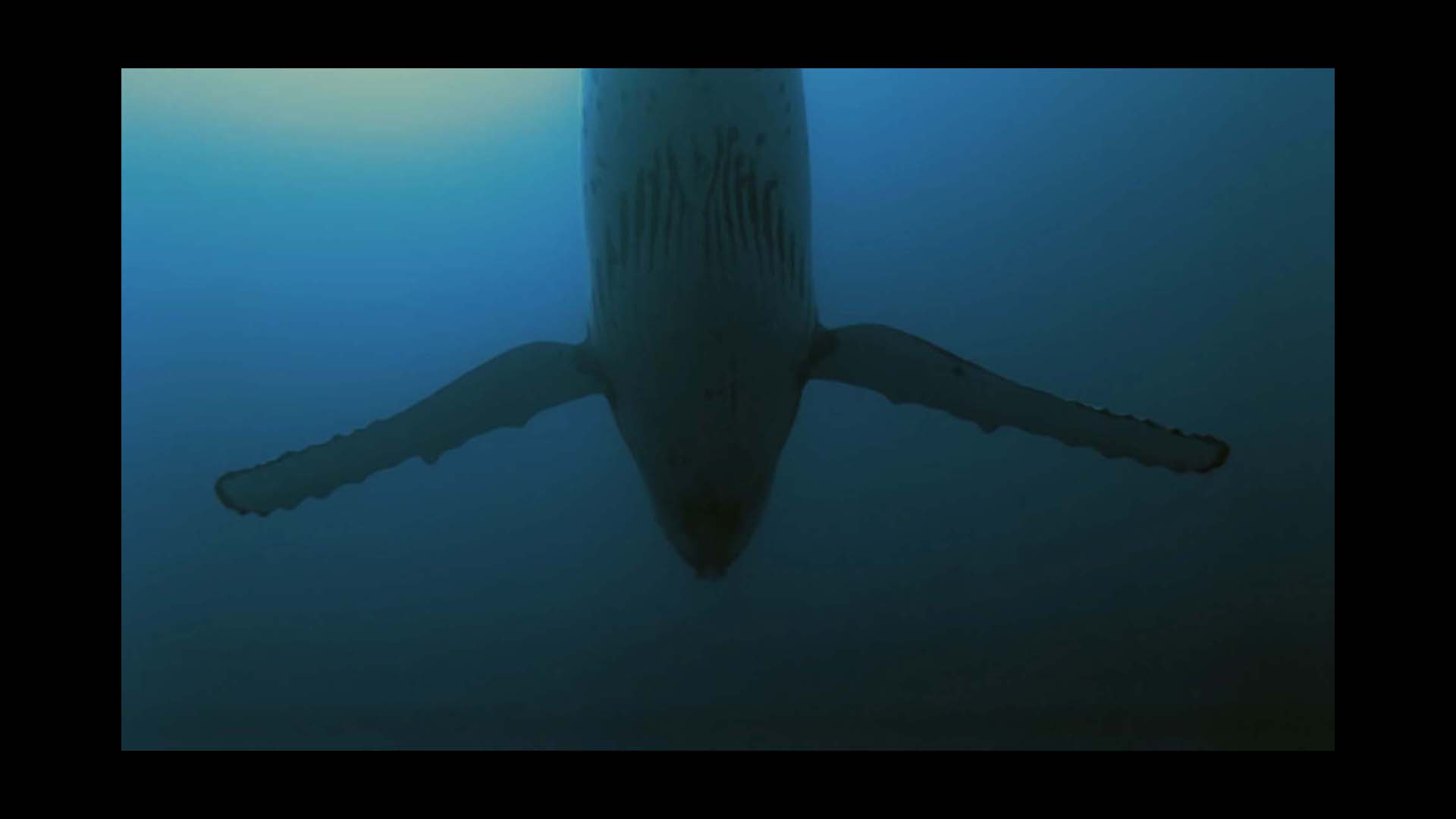
Ecological Homeostasis
A difference of 0.2 degrees Celsius.
This is all it takes for water to freeze.
0.2 degrees…below 0.

On my way to Mars,
I had a dream.
Several others accompanied me.
All had left Earth like me.
and 0.2 degrees, is all it takes
for water
to become like air
when it reaches a hundred degrees.

We were all ocean creatures,
whales,
turtles,
dolphins.
This tiny disruption to our equilibrium,
that’s all it takes for life to slowly stop.
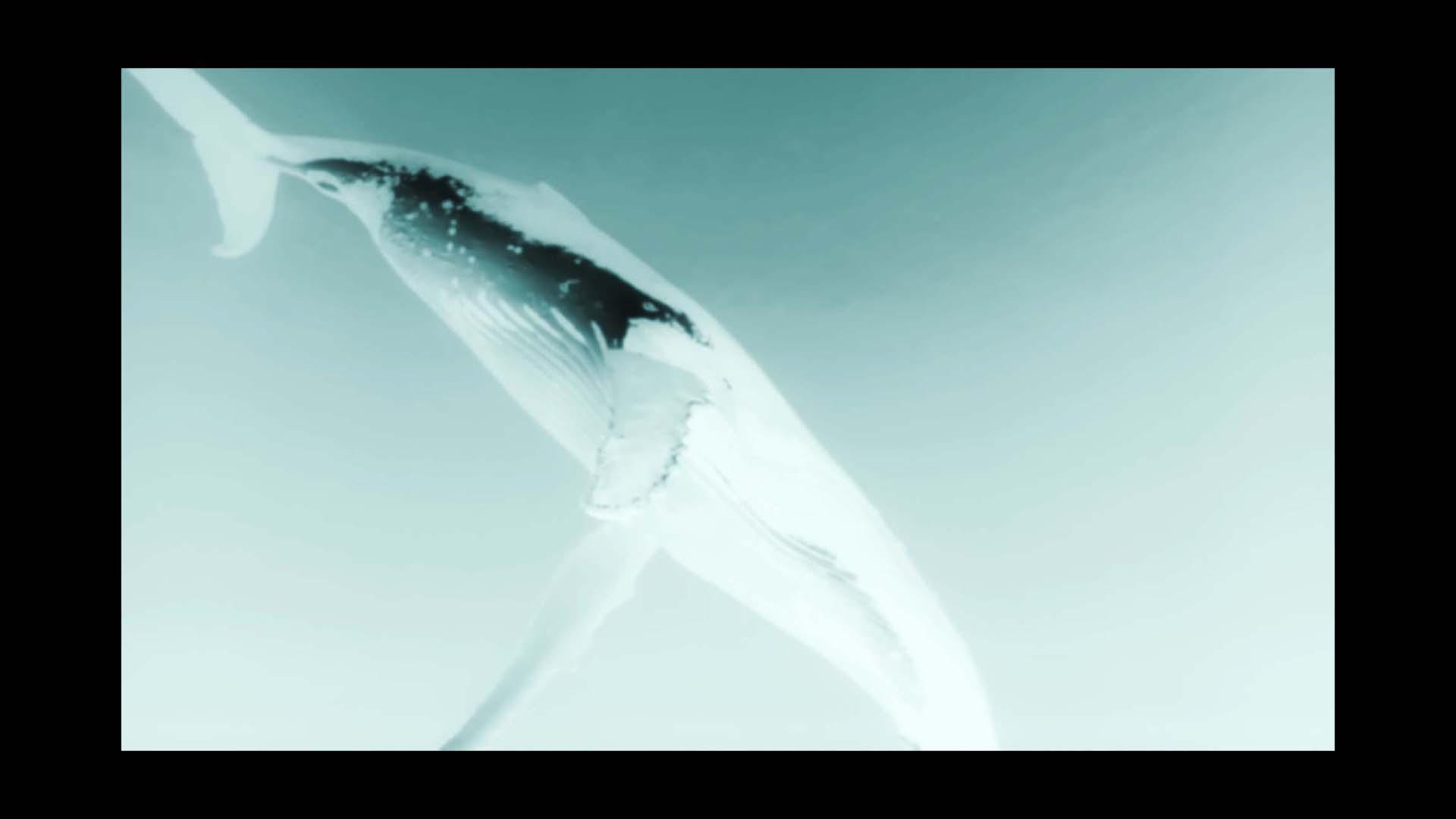
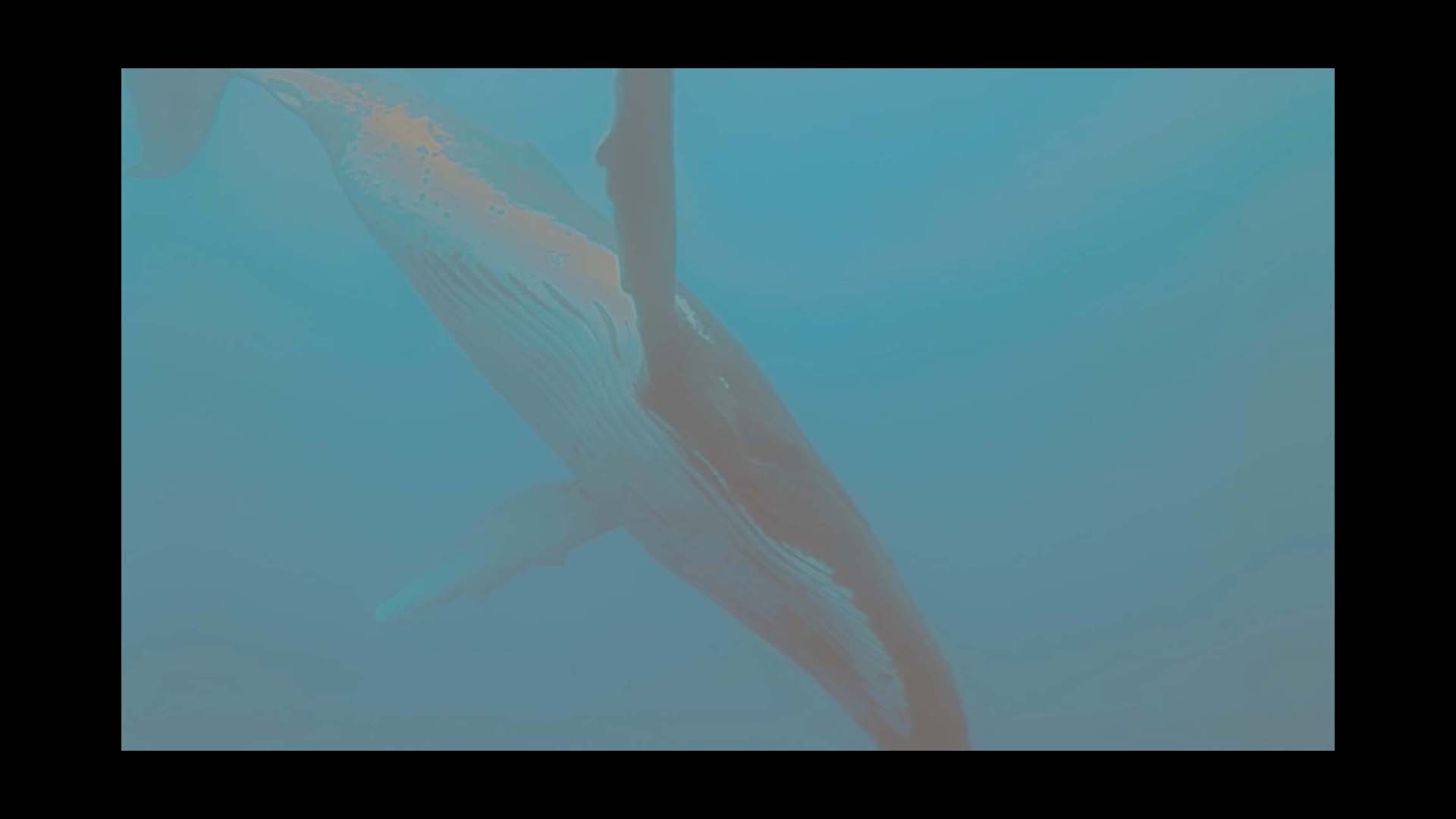
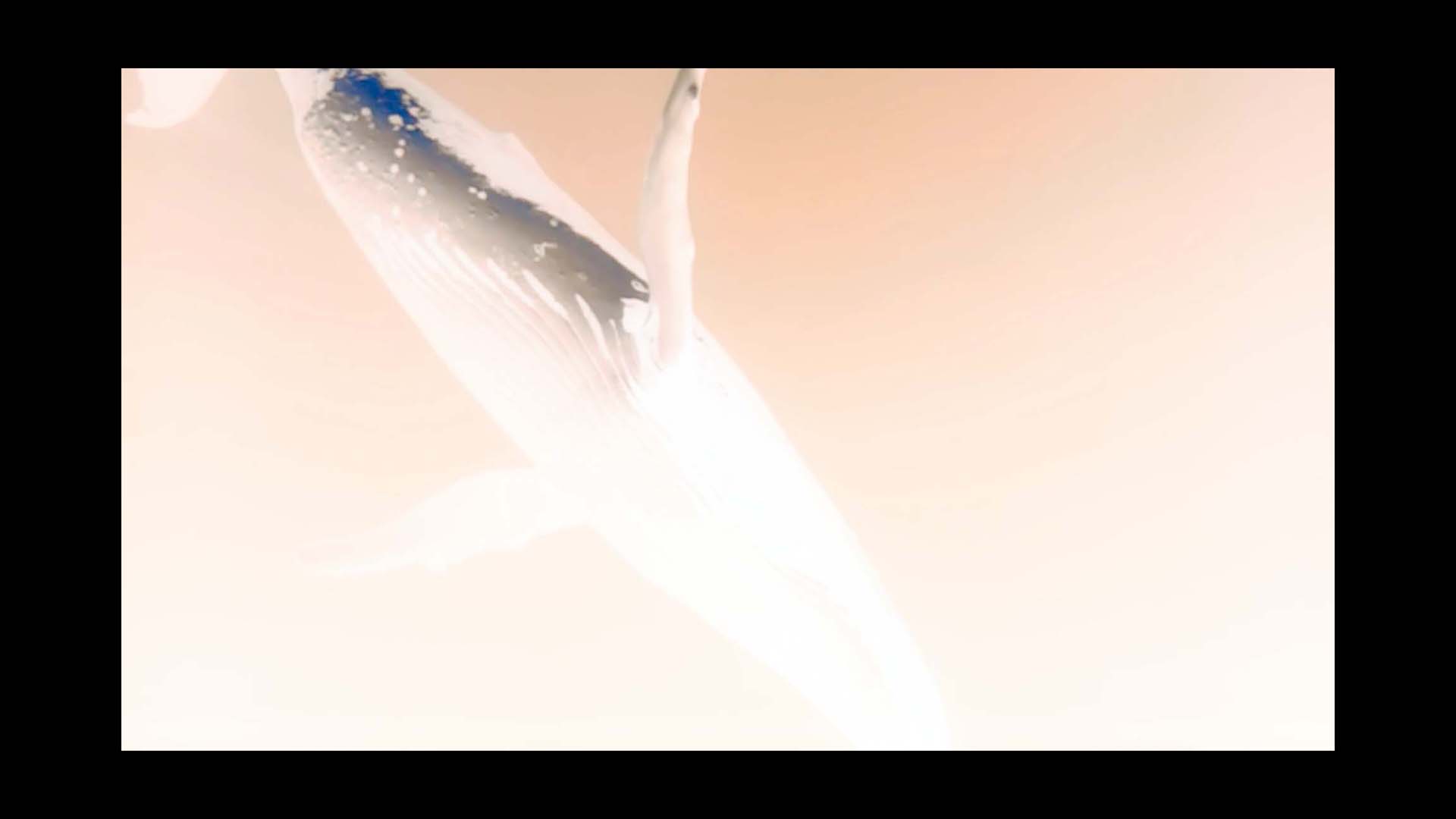
On earth,
we had all drifted in the oceans’ currents,
riding them from the Sargasso Sea to the Mediterranean.
I recognized one of the killer whales.
We all assume the ambient temperature of our surroundings at death,
whales,
humans,
sea dragons.

Until then we are always in motion.
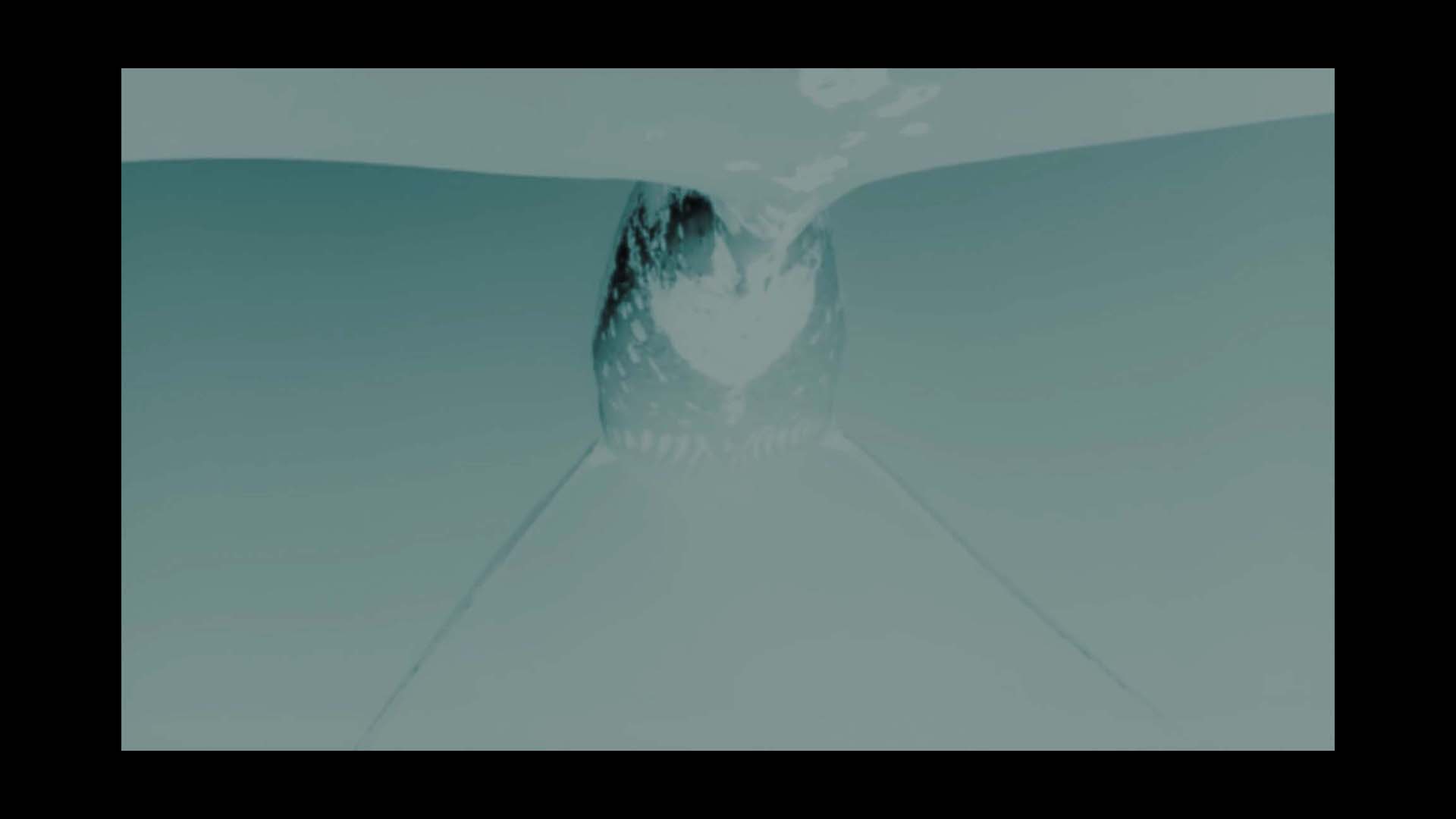
A whale named Virginia.
I had heard her story
and of her daughter,
the calf Ofelia.
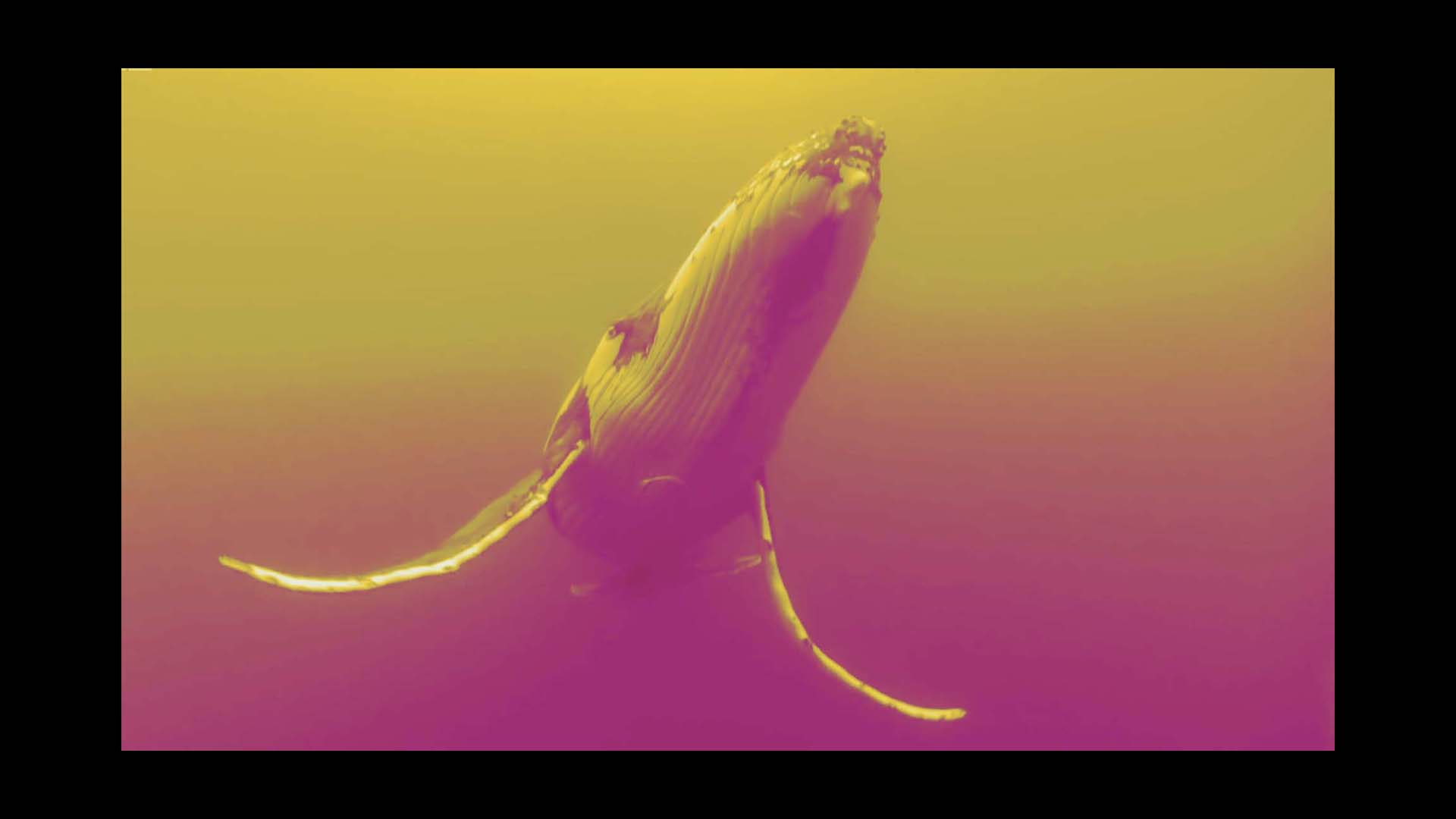
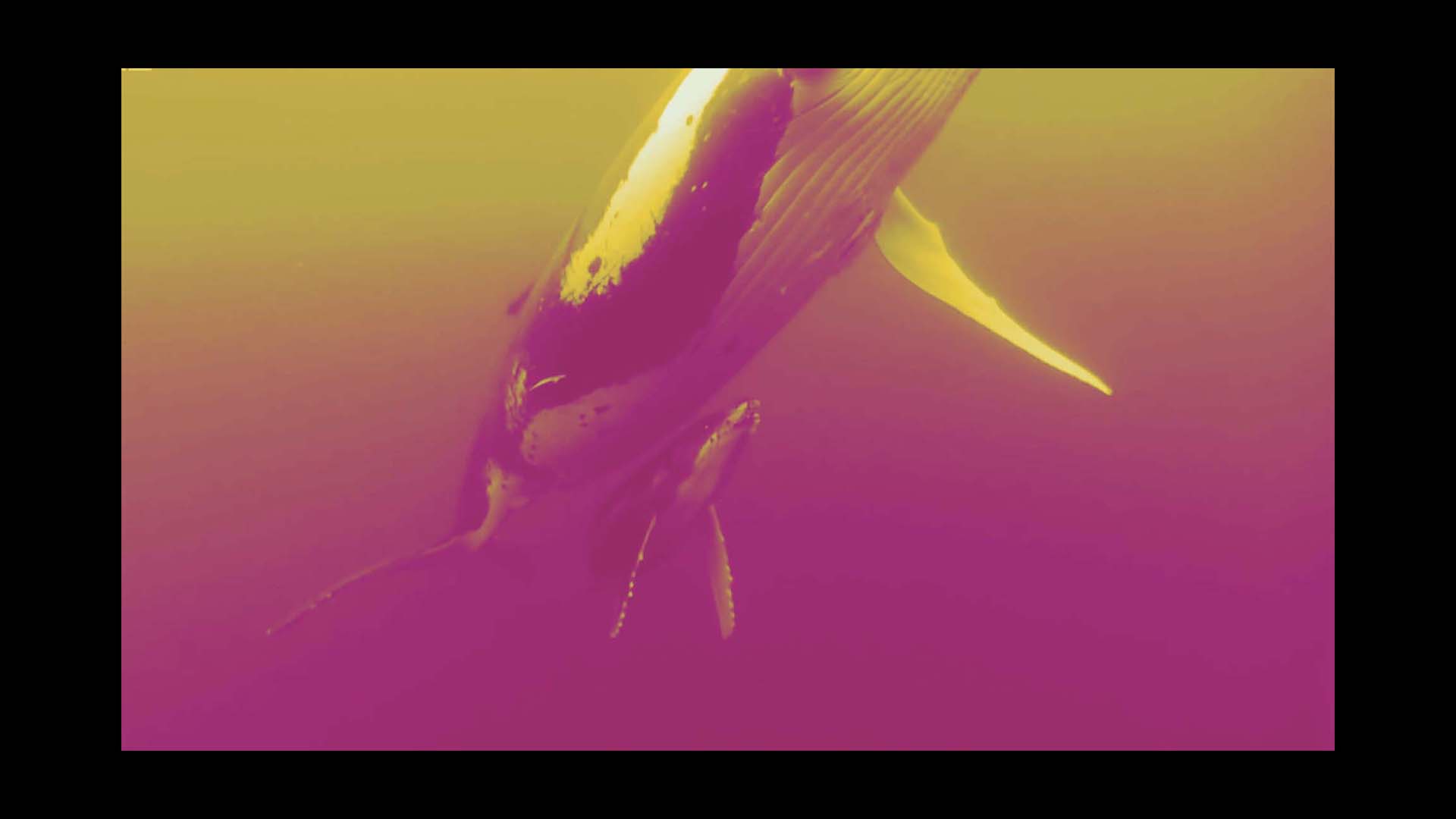
Virginia carried Ofelia
for seventeen months
in her belly,
looked her in the eyes
for thirty minutes
once she was born
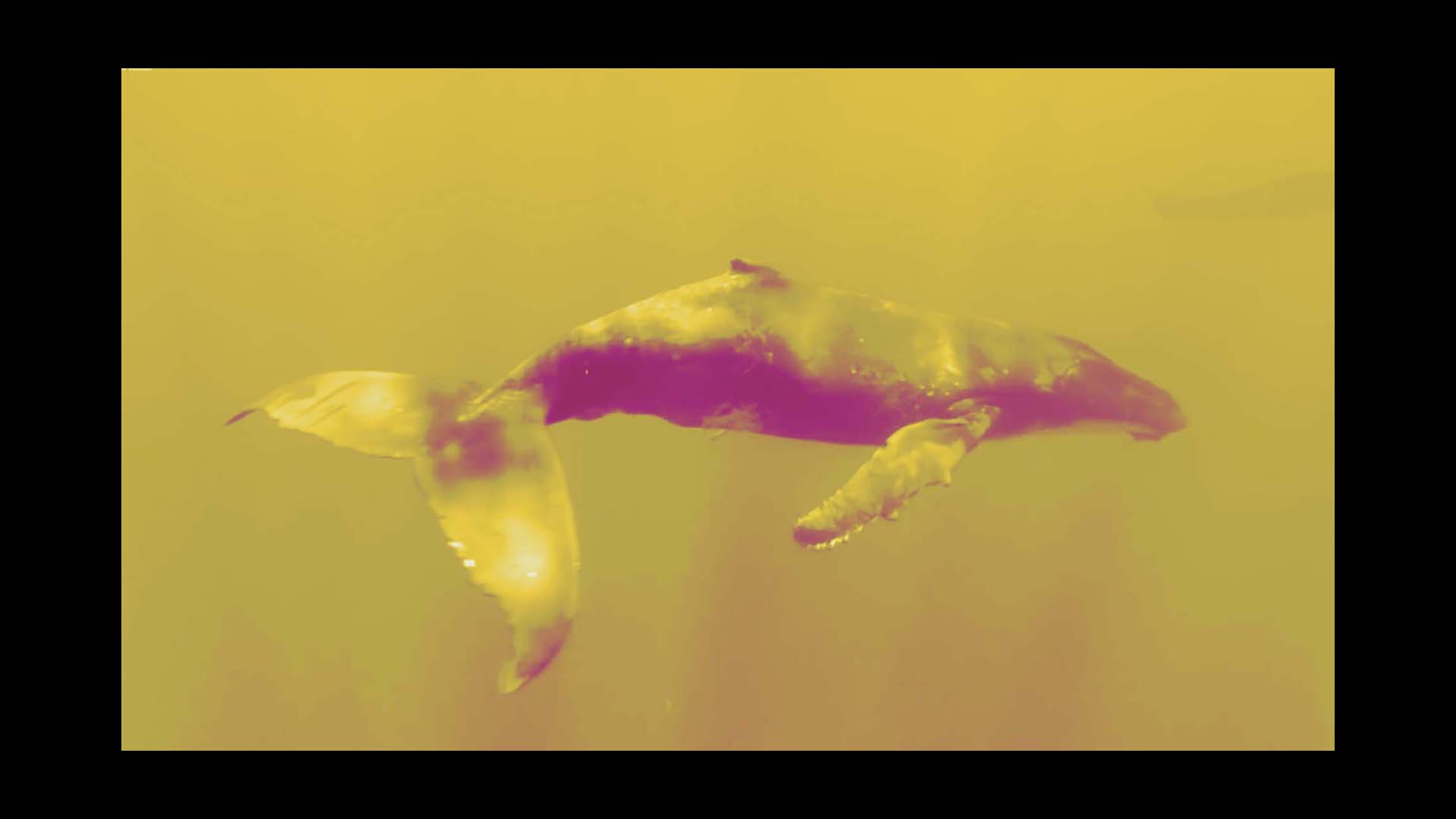
till the poisonous waters of the Pacific Northwest
killed Ofelia.
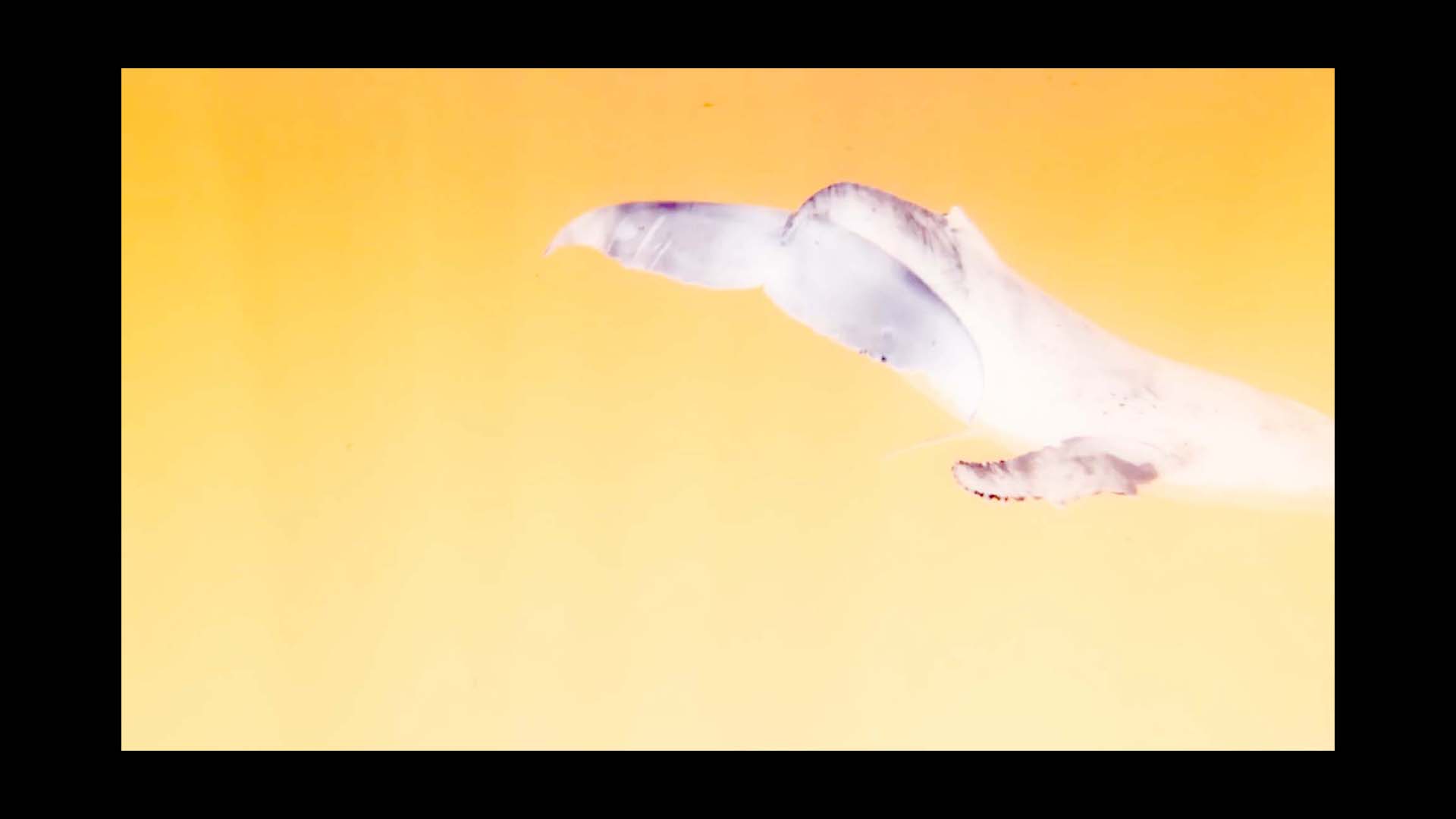
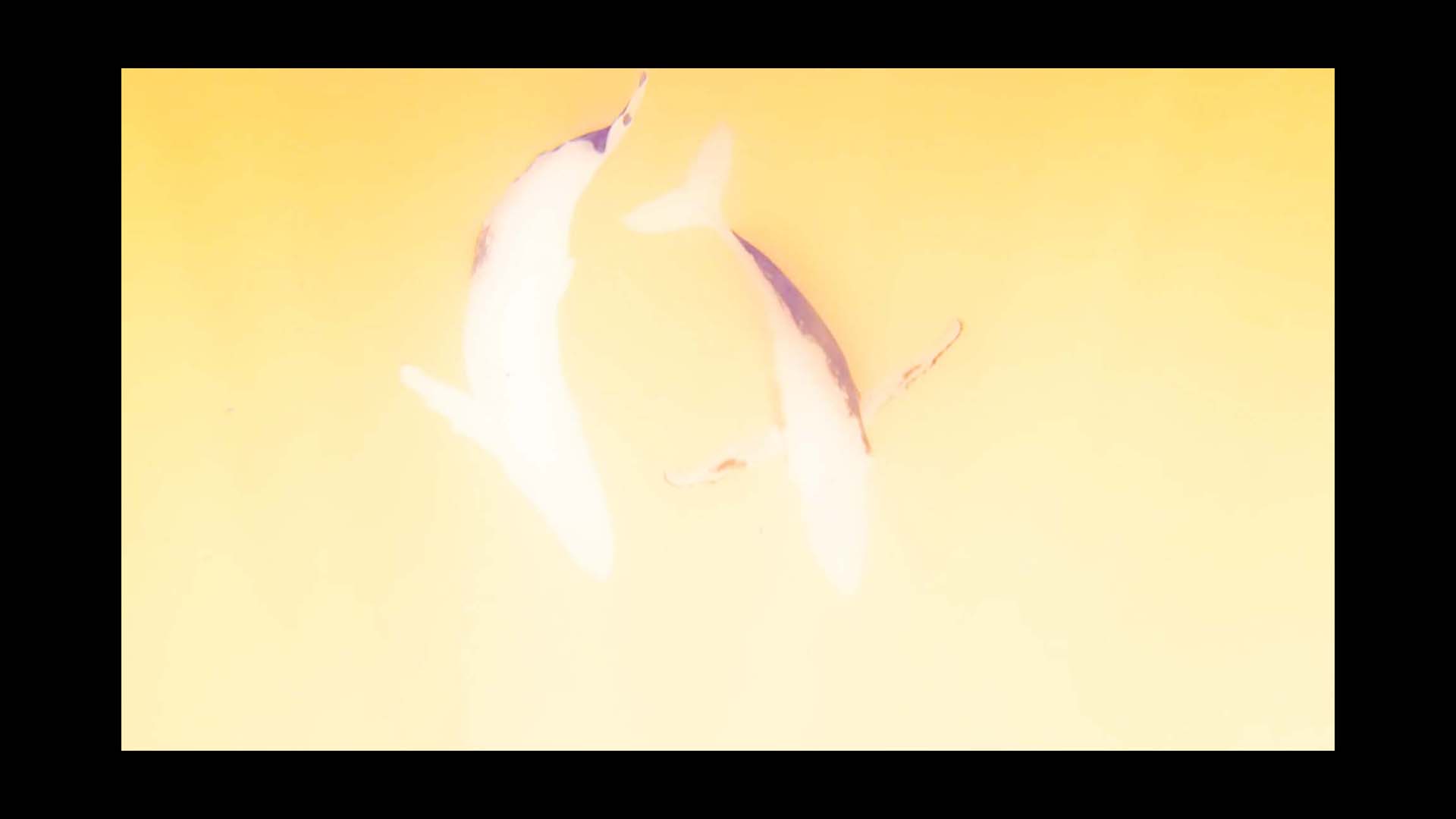
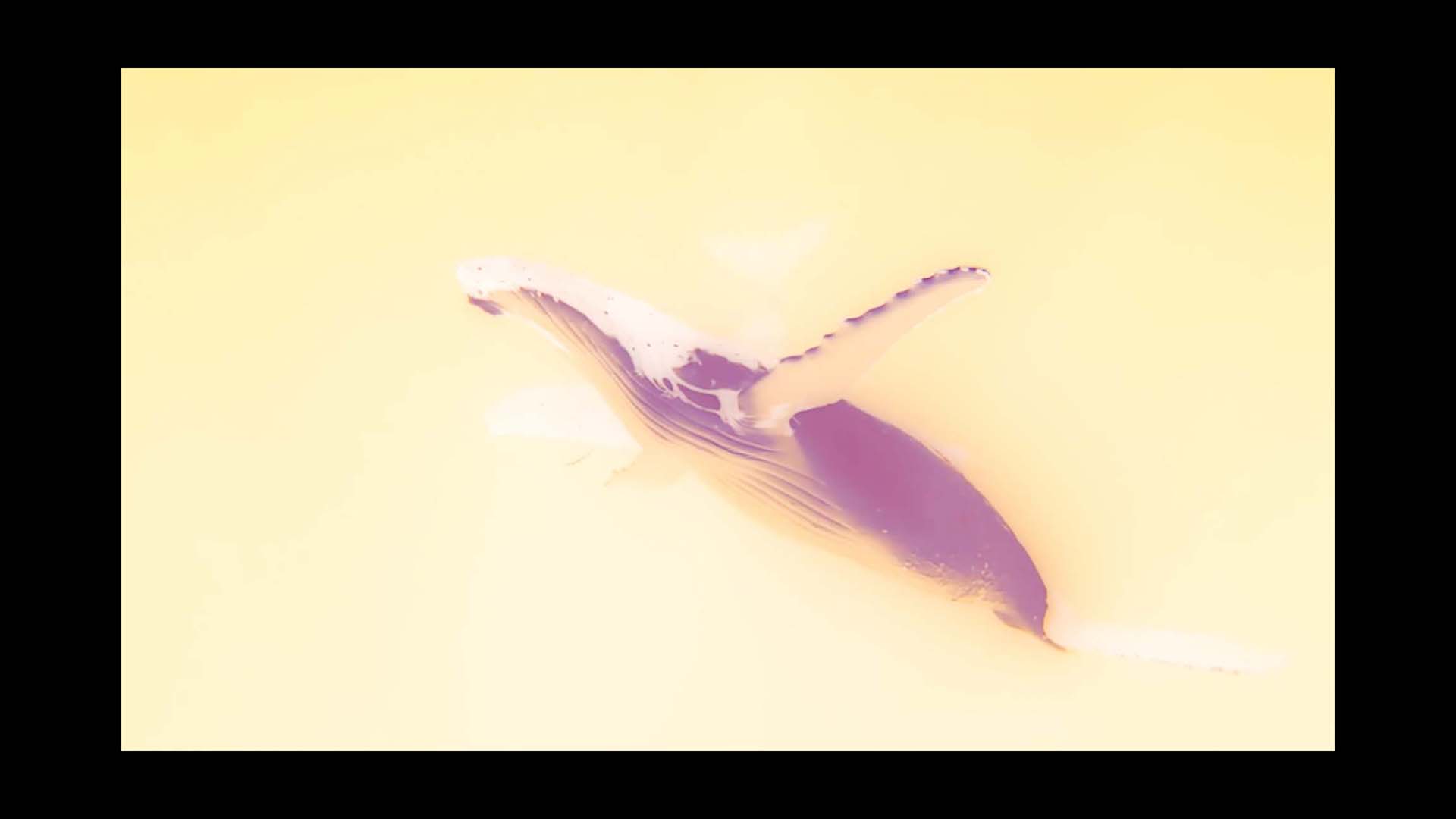
Each atom in vibration, constantly … moving with the universe.
And then
stillness
in motion.
Virginia mourned for 17 days,
a day for every month her calf was in her belly,
swimming with little Ofelia’s dead body in her mouth
pushing her from one pole
to the other.
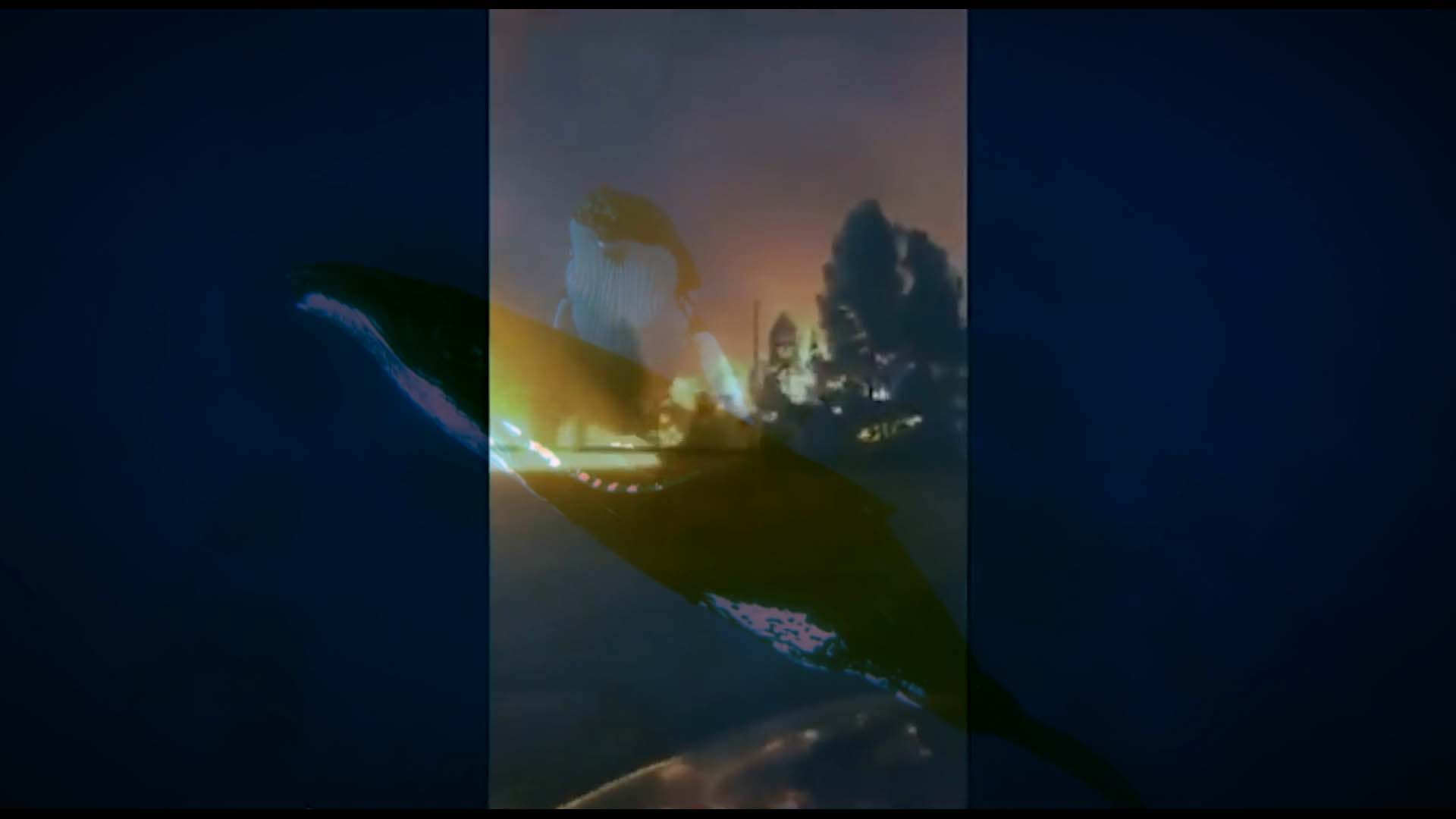
The ideal temperature
of the human body is
36.5 degrees Celsius.
A little above that
you will burn in fever
with an infection or illness
traveling
around your body’s currents.
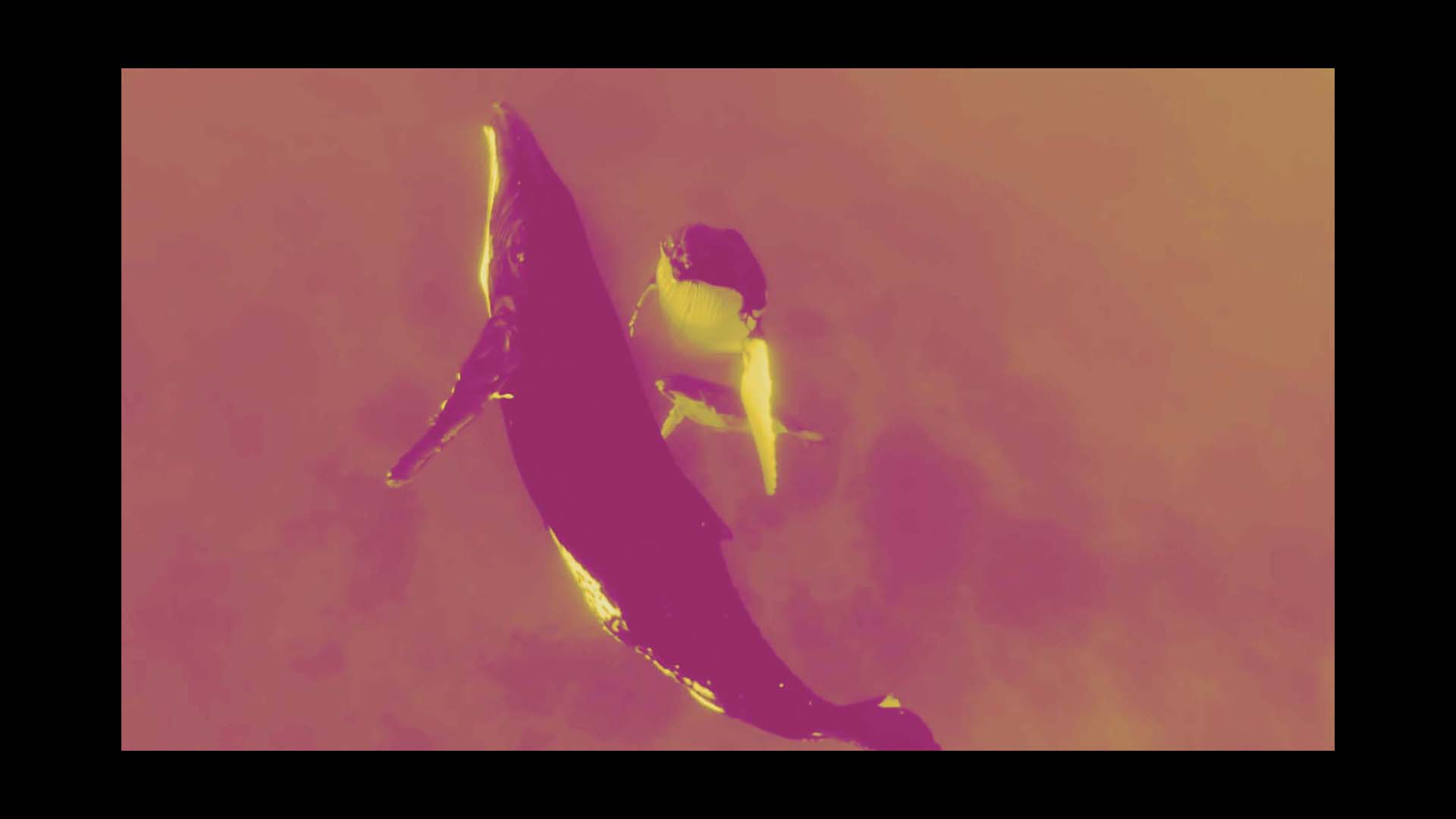
I grew up with stories of Mars,
in the ever-distant future
in books,
movies,
poems.
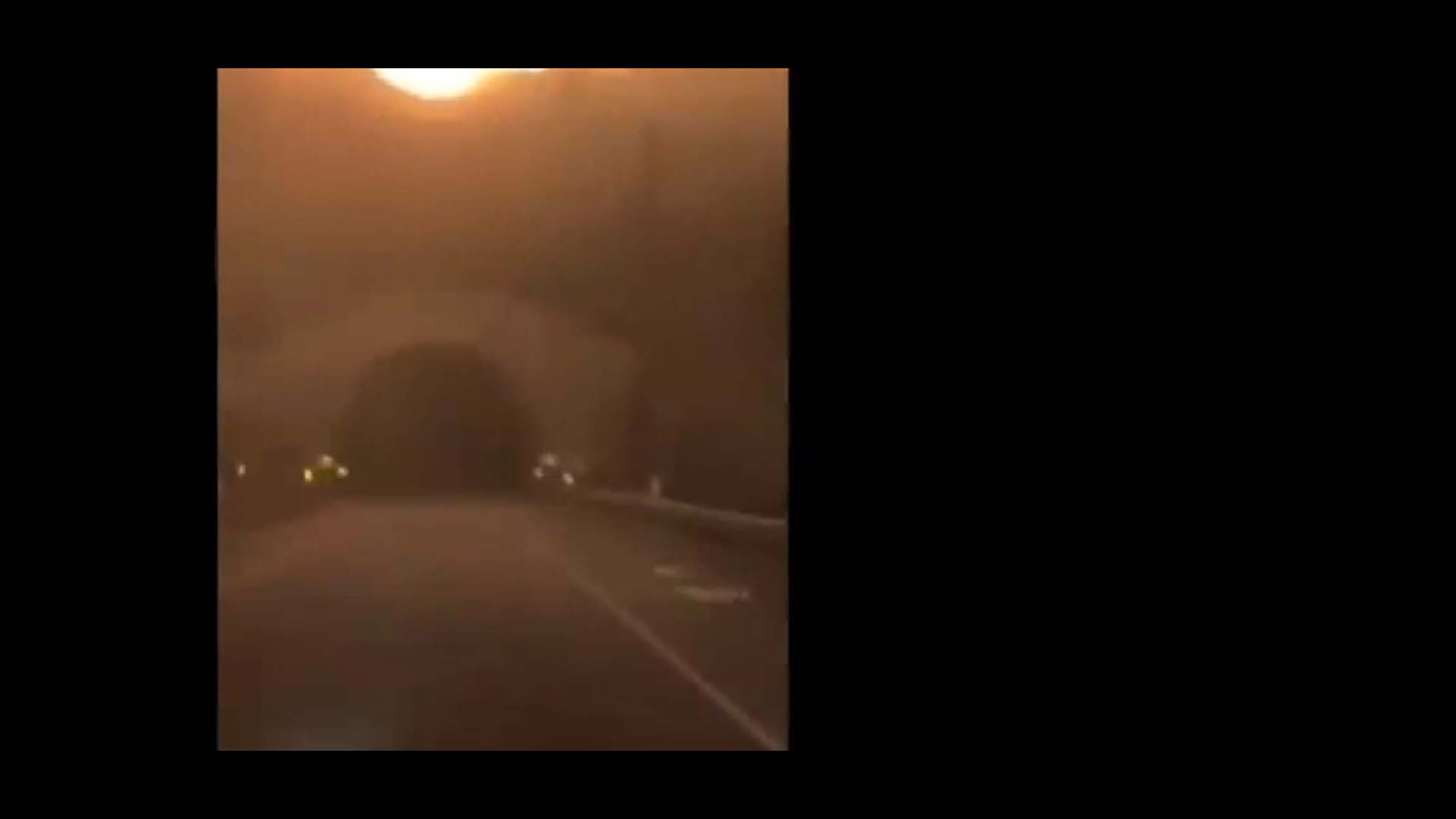
A little below that ideal temperature
you will slowly fall asleep
in hypothermia as your breathing slows down.
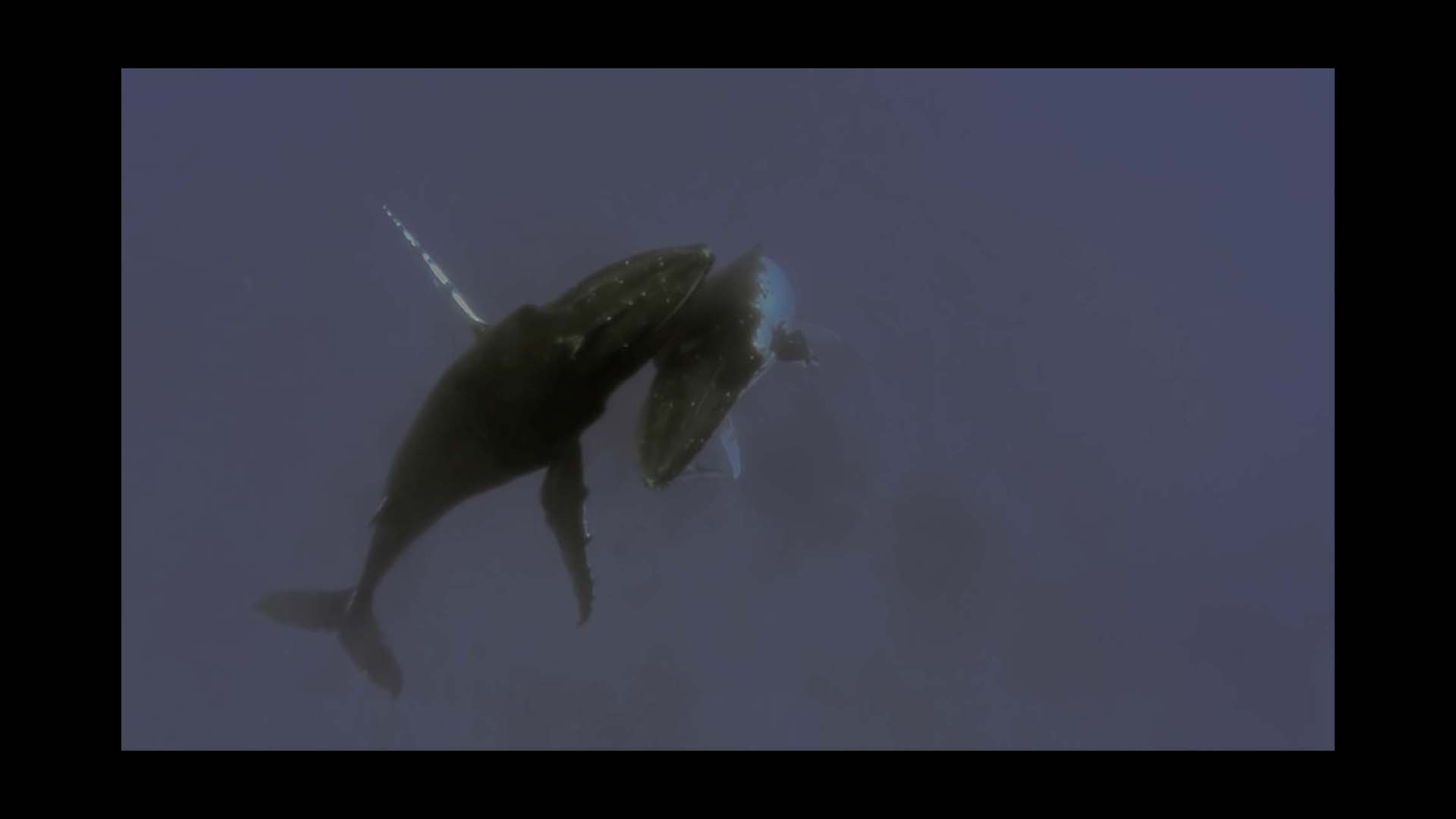
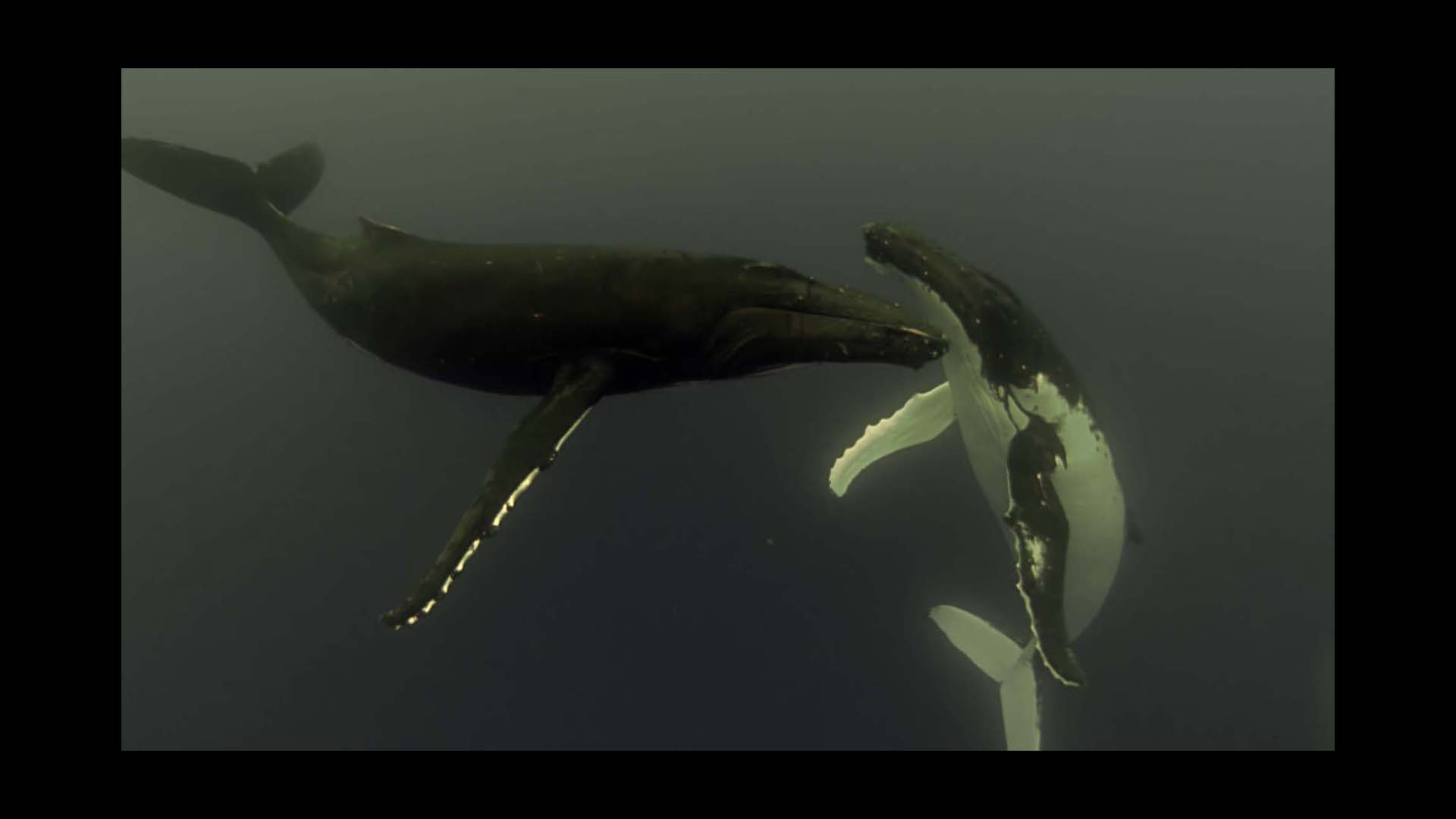
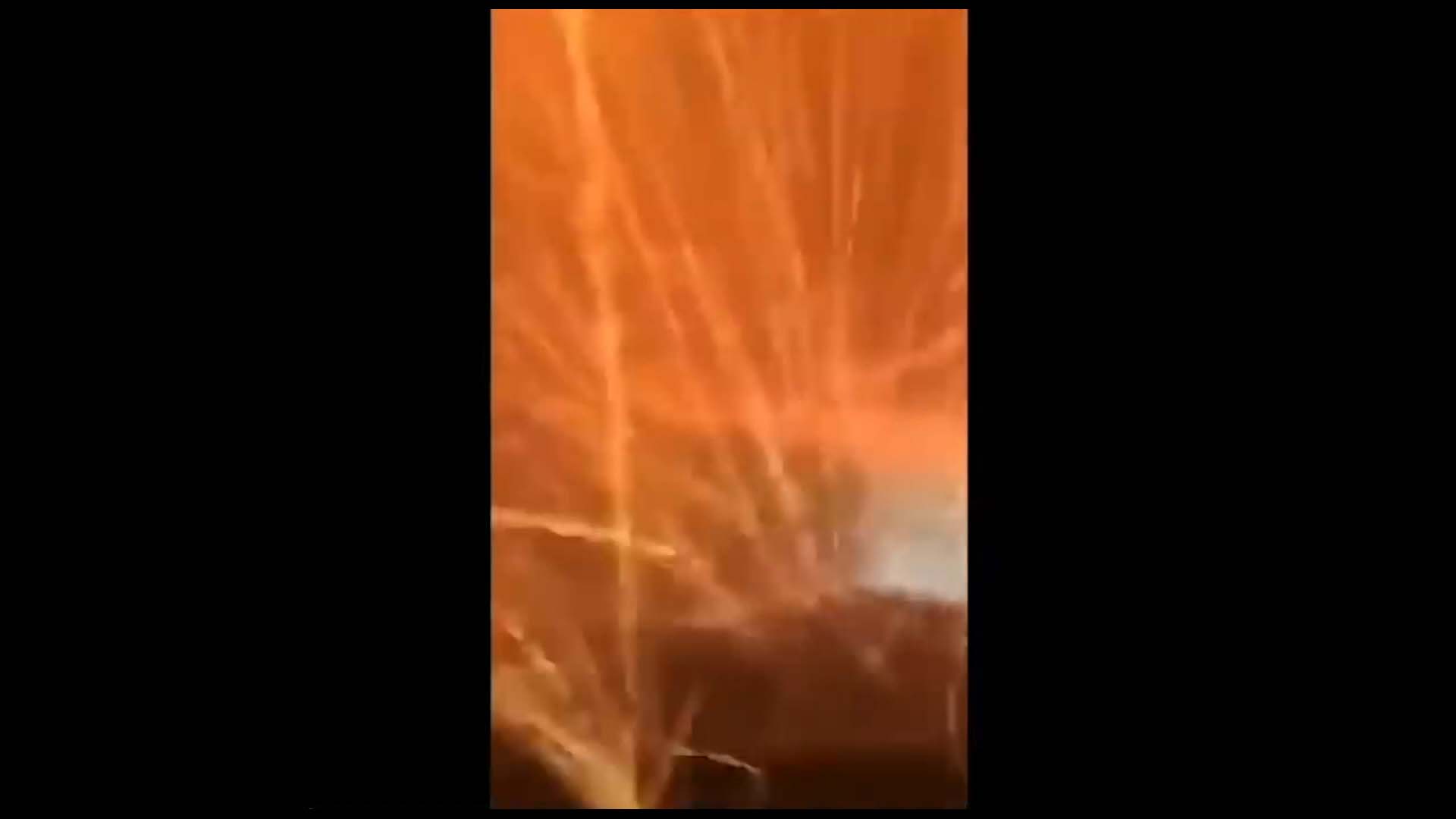
On August 6th, 2012,
shortly after my dog who had been with me
my entire adult life died,
the Curiosity rover landed on Mars
to assess
the climate and geology.
Not just fiction,
we were looking for water on Mars now.
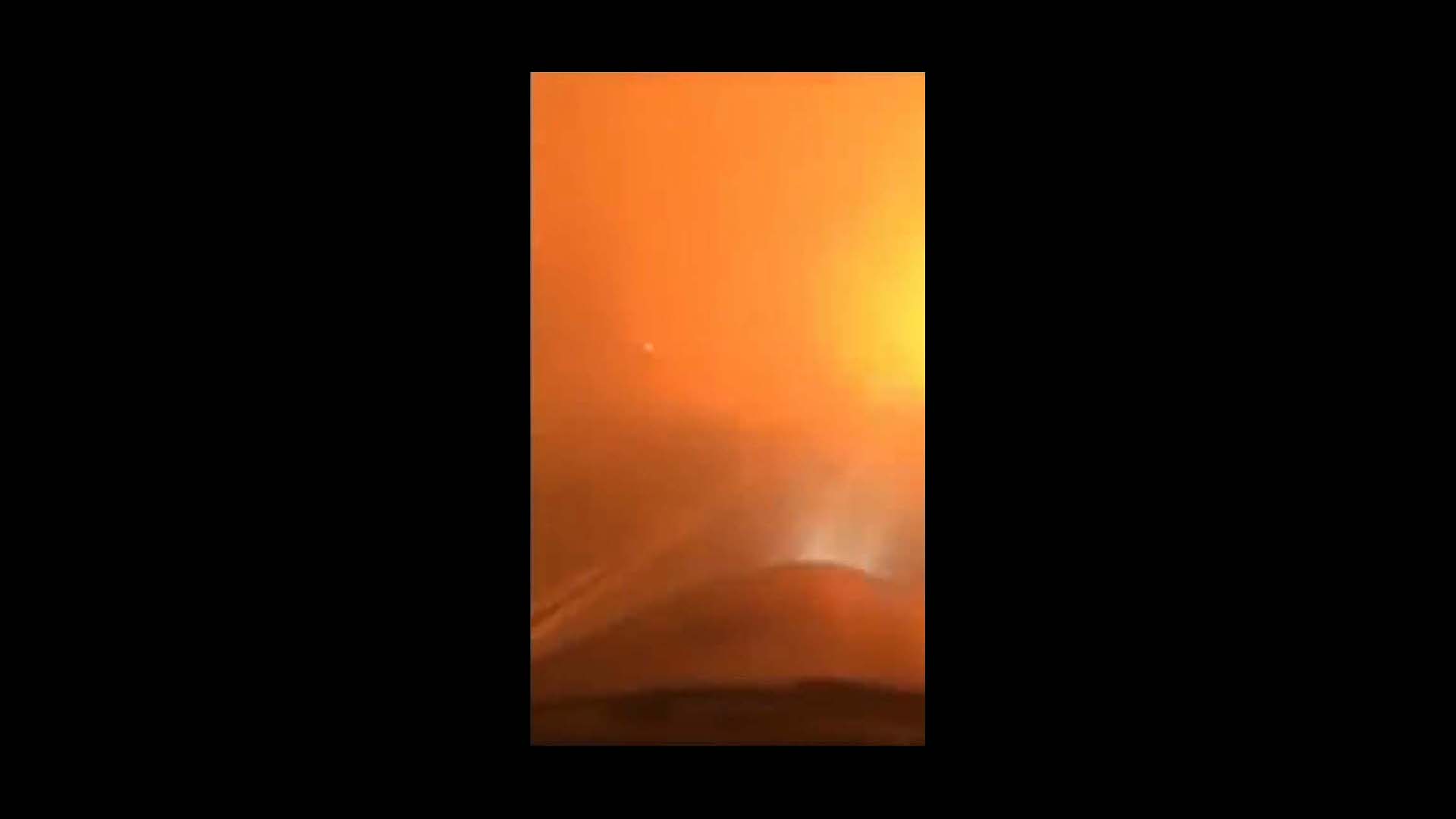
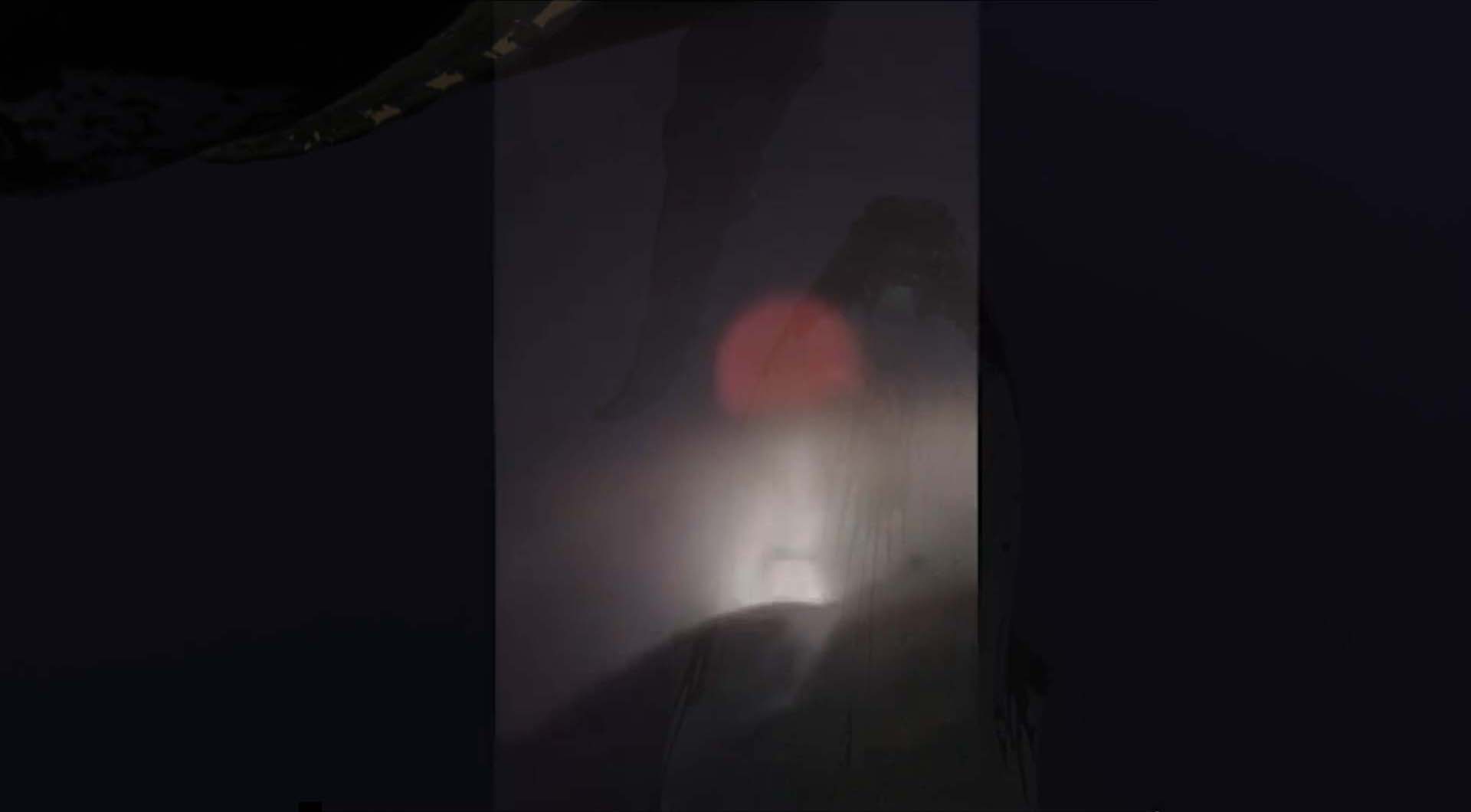
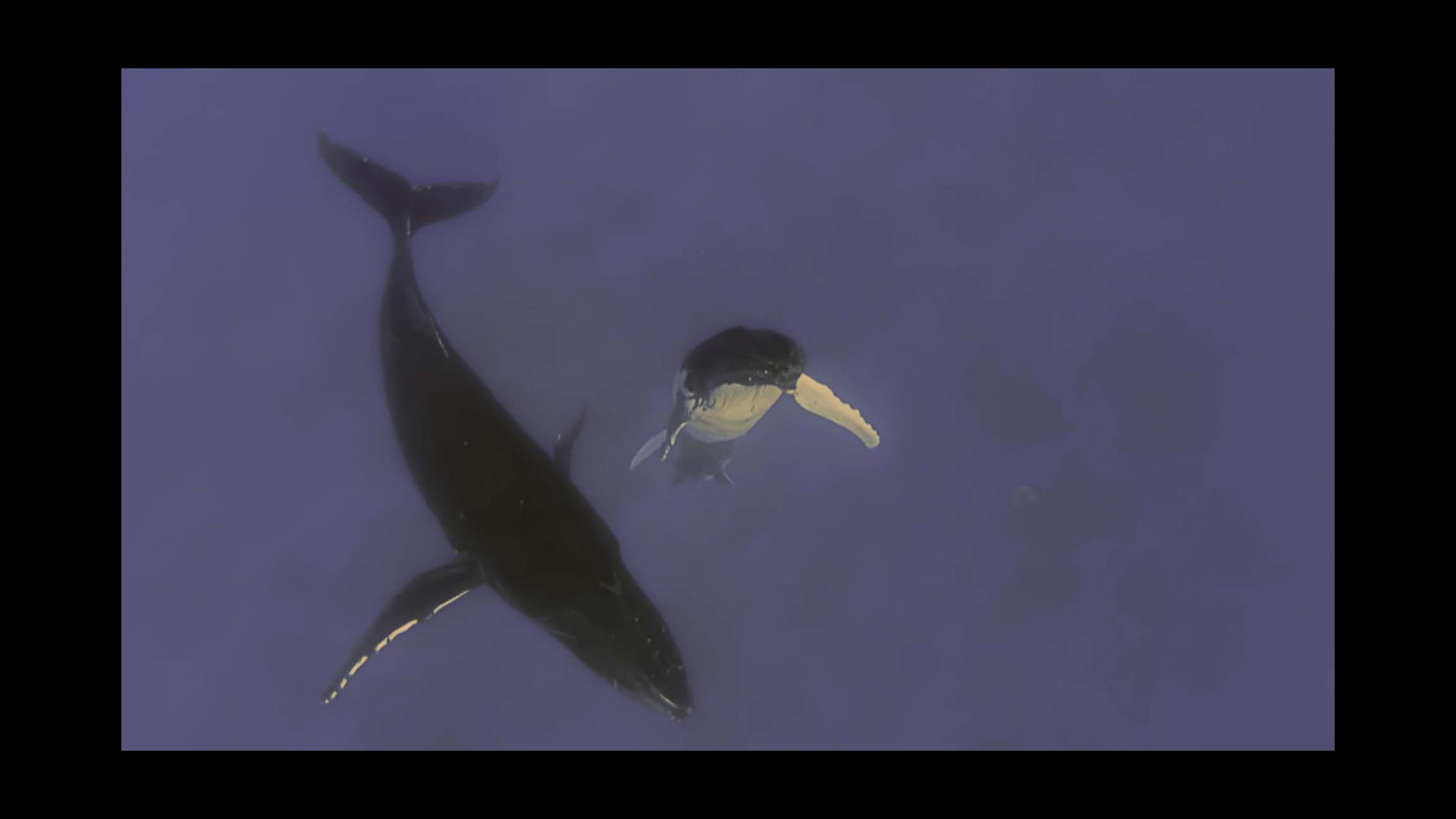
Fragile is that balance.
We must be tender with our happy moments.
We are after all made mostly of water.
That day I found a skinny little kitten,
hiding under a car,
looking for its mother.
I brought him food
every day
for a week
and the day it calmed its fears and got on my lap,
I named him Mars
with hope
of Curiosity’s landing.
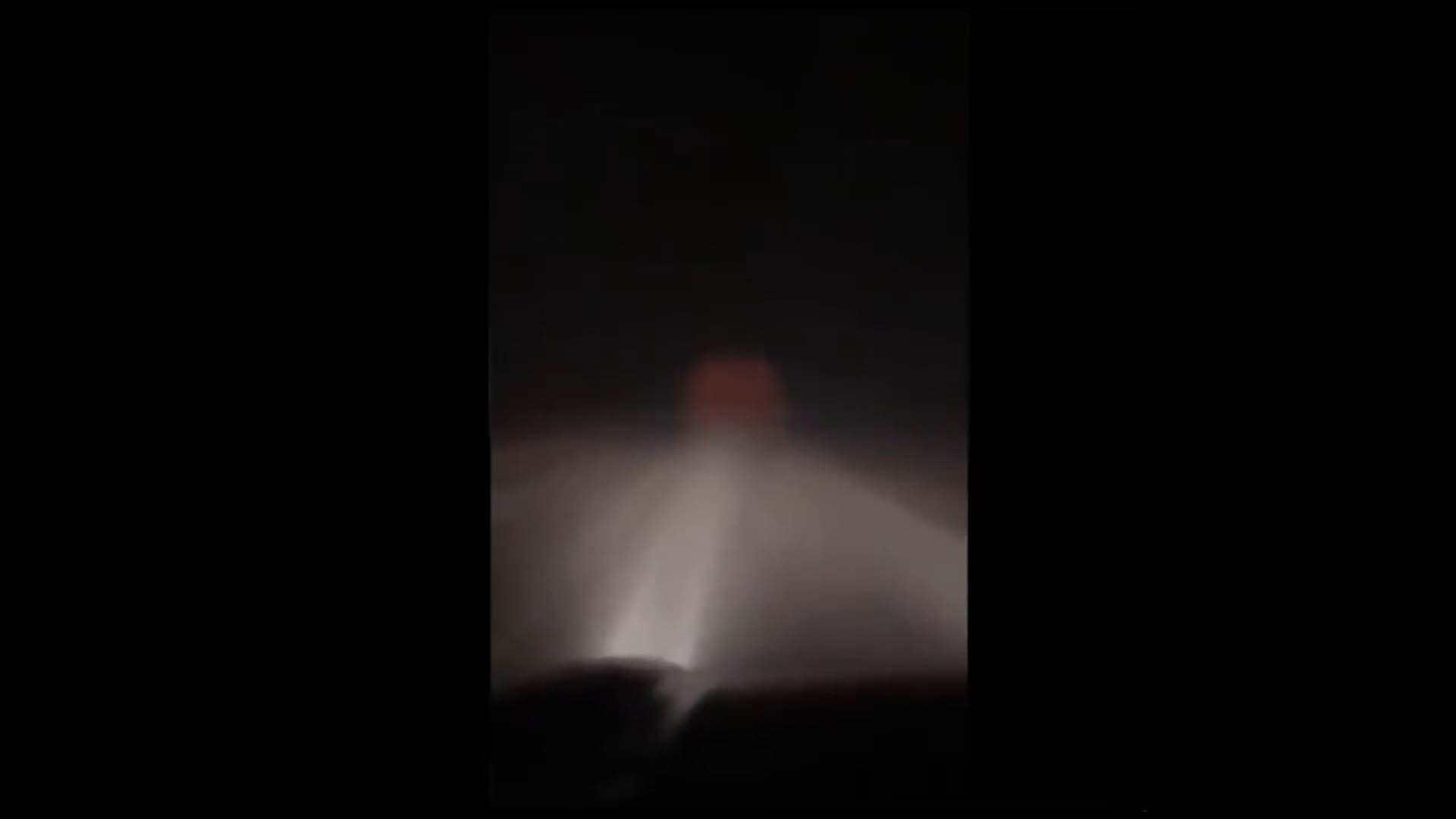
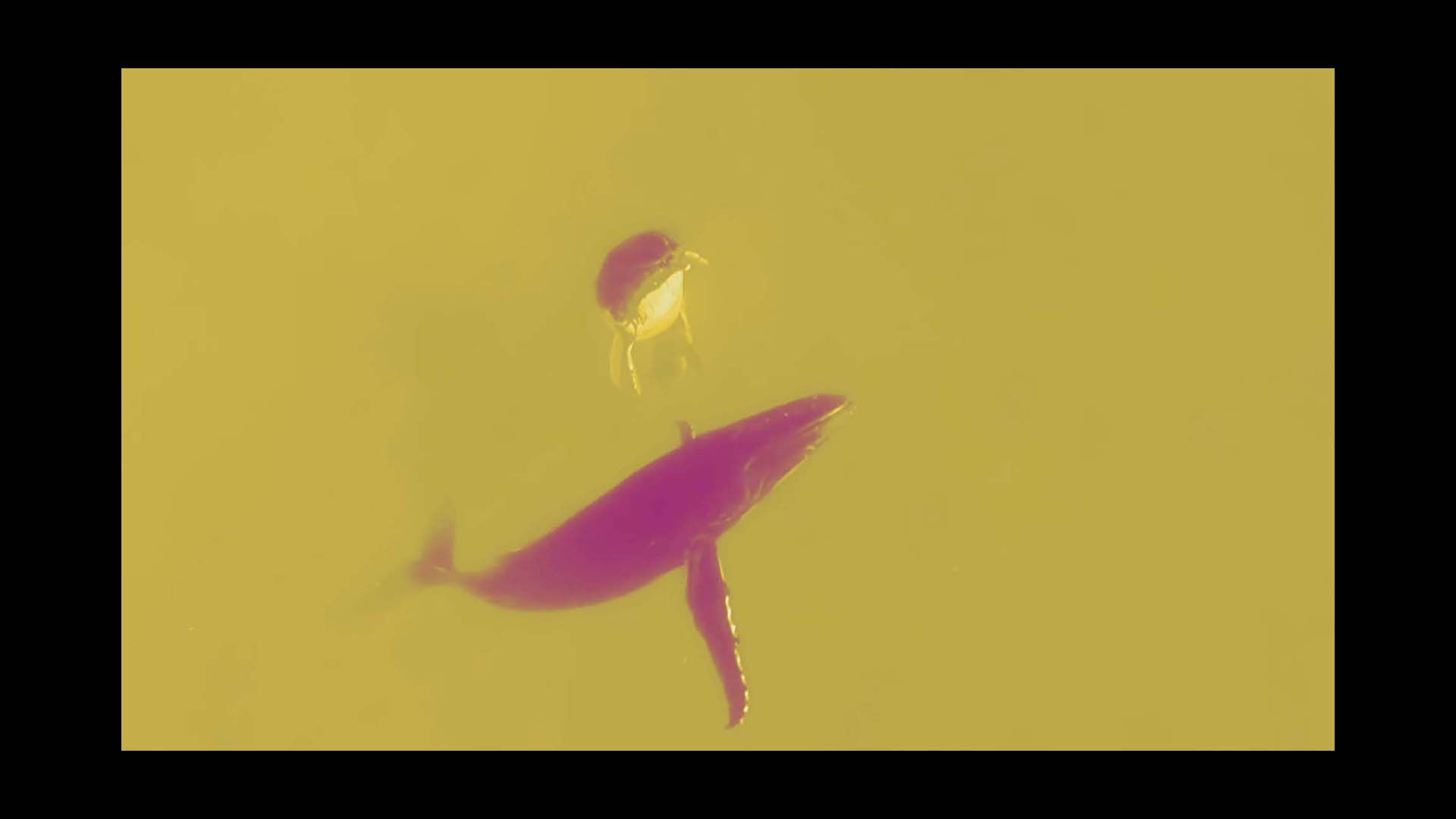
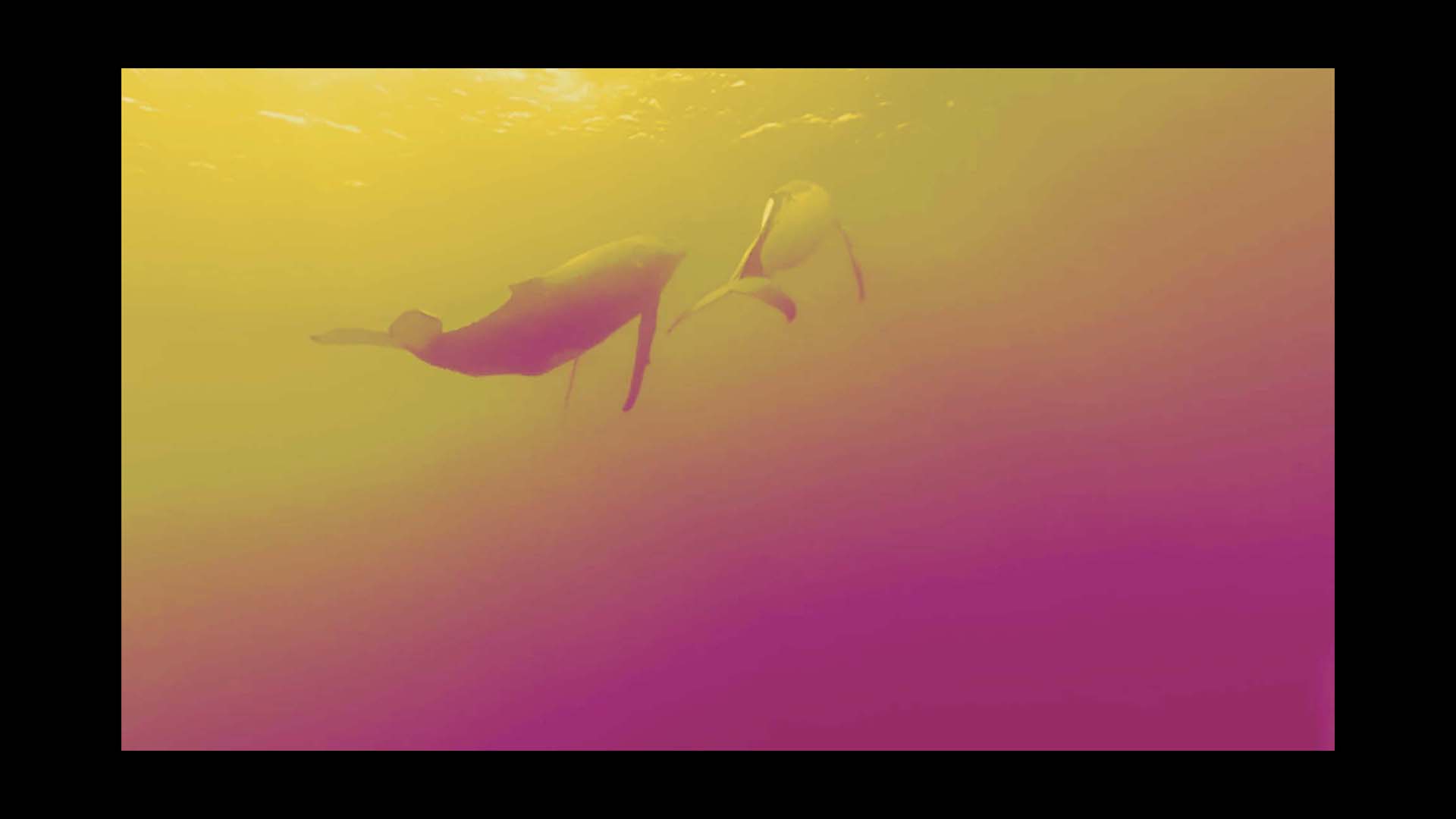
Like the ice caps,
glaciers,
icebergs, and ice shelves that melt with a difference of 0.2 degrees,
we too need to maintain that inner balance.
Until I saw Virginia,
the whale on hunger strike,
the mourning mother
of the calf Ofelia.
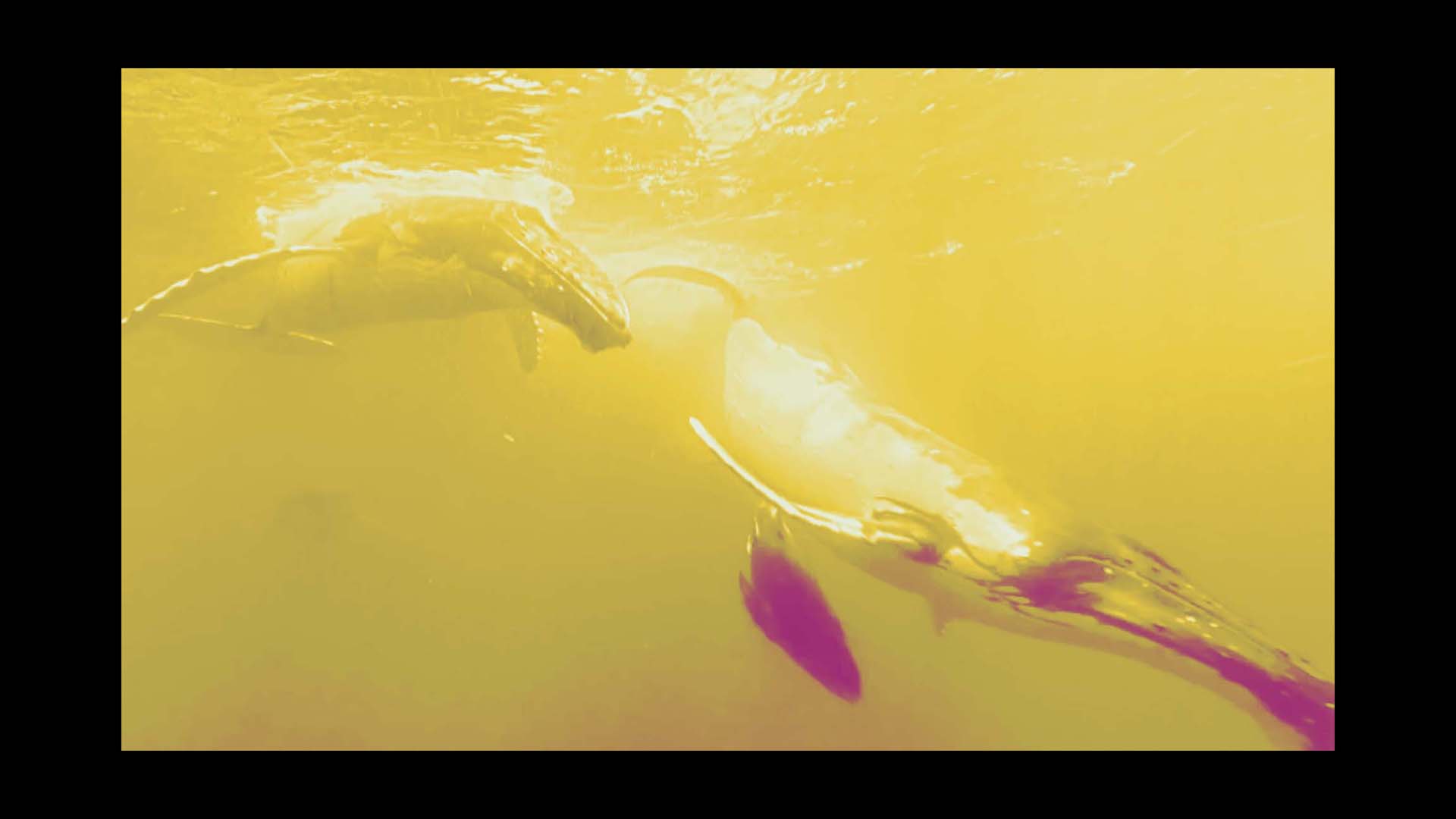
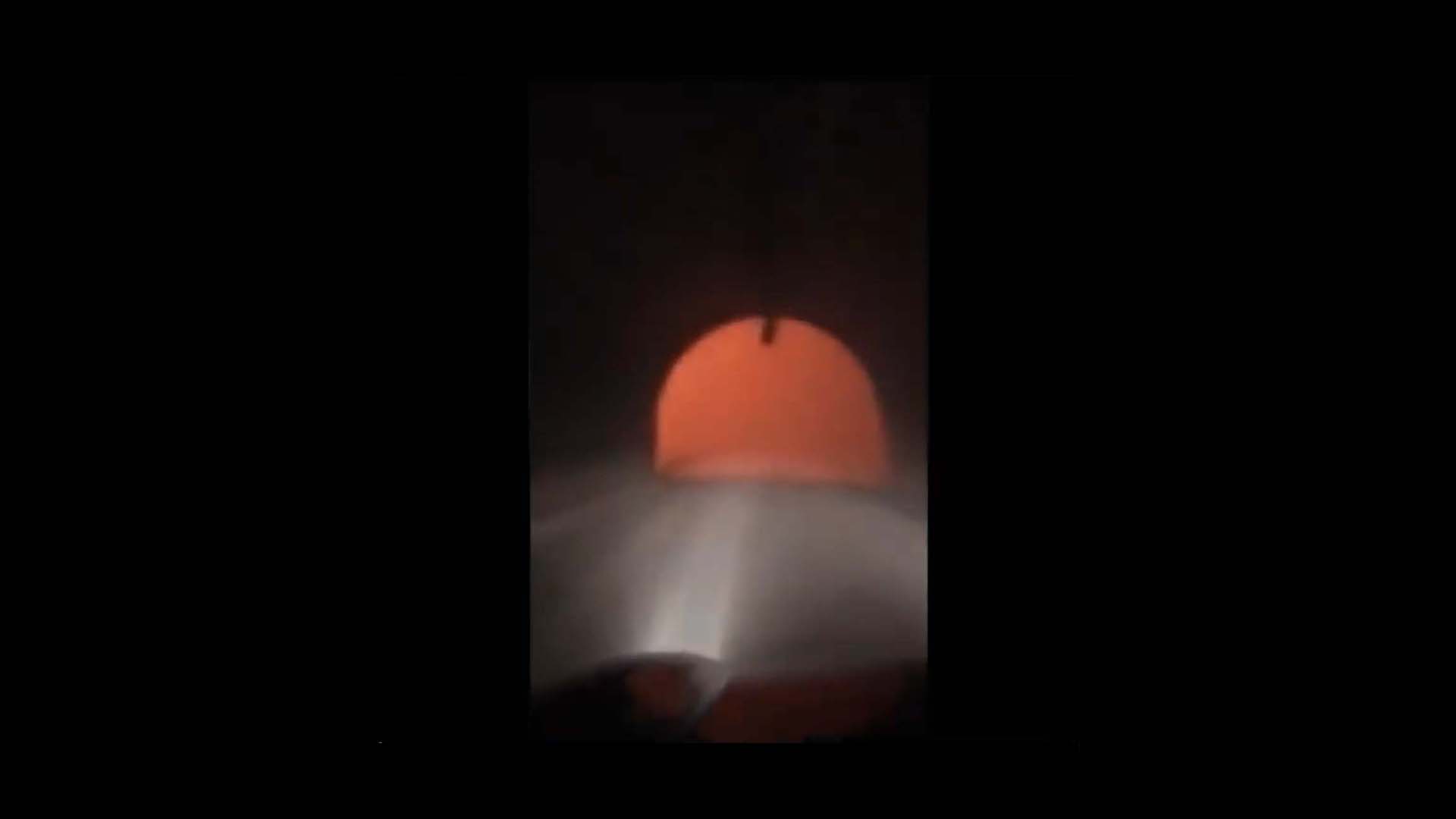
Like falling in love or falling asleep, we can resist,
but often we have no choice but to feel ill
when the balance of salt and temperature at our core is
broken
by forces beyond us.
I had known of the whales’ suicides,
Virginia grieved for not only Ofelia,
but for hope,
with no baby whales surviving
the warming oceans
in a decade
in her pod.
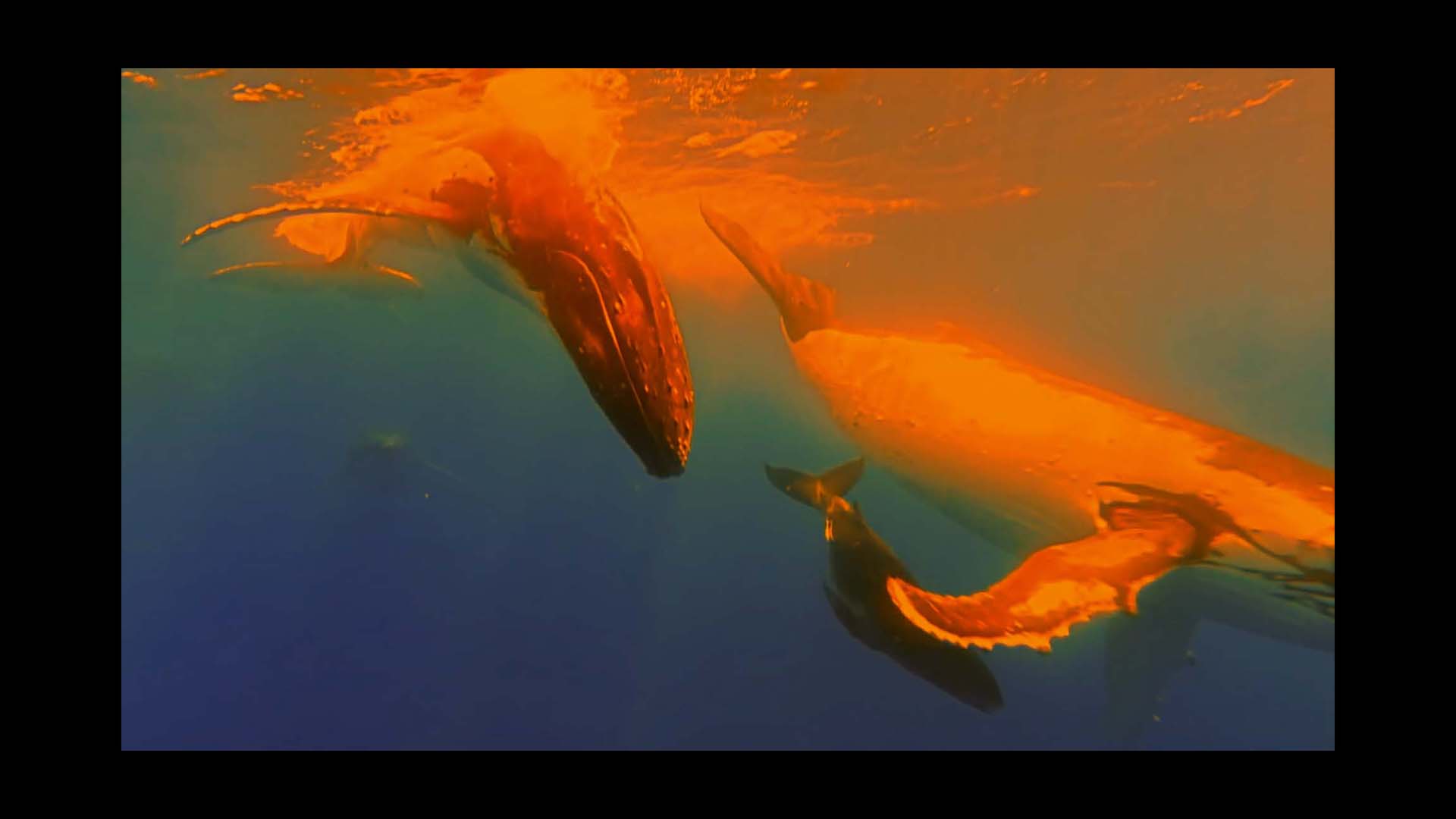
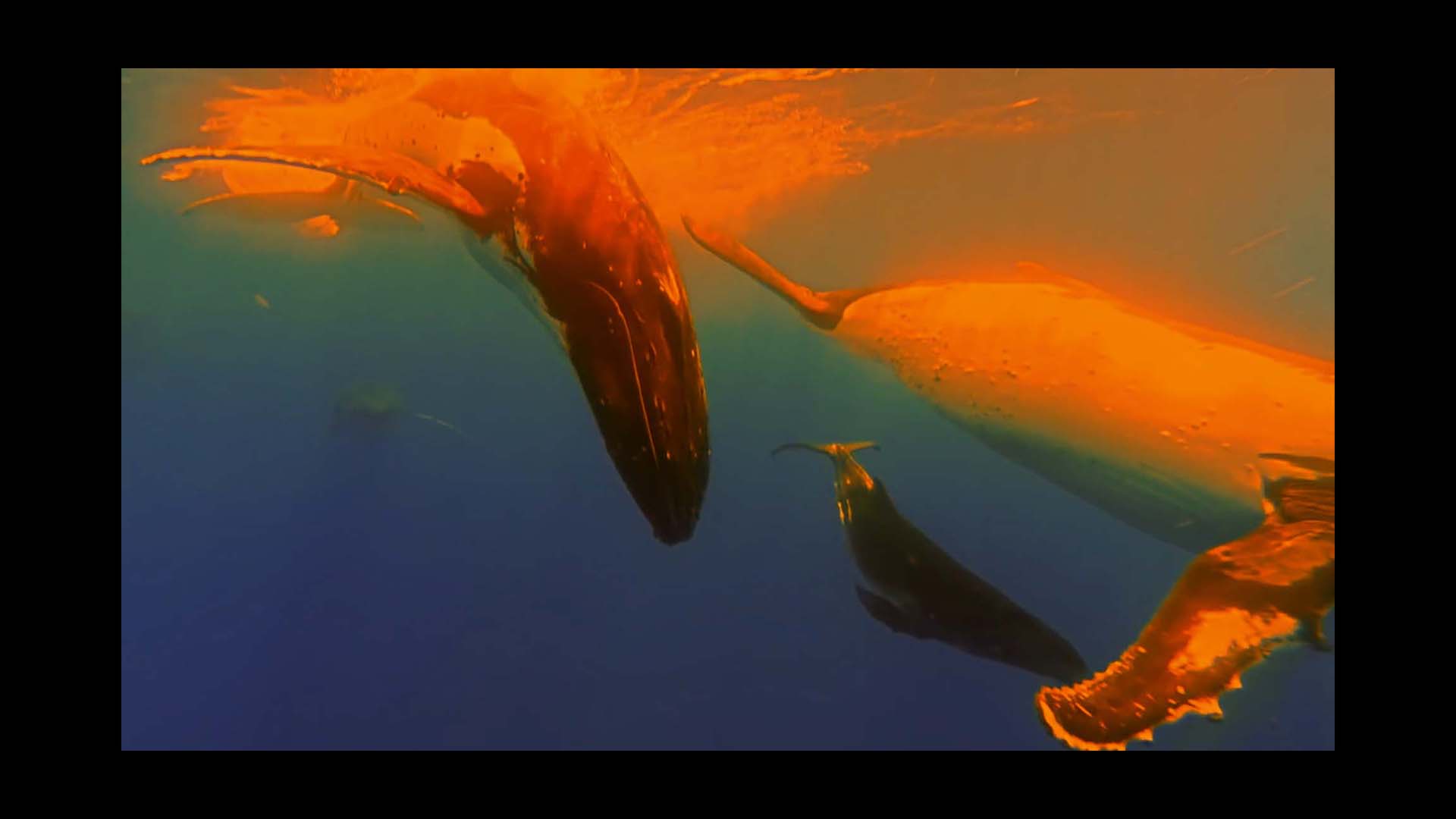
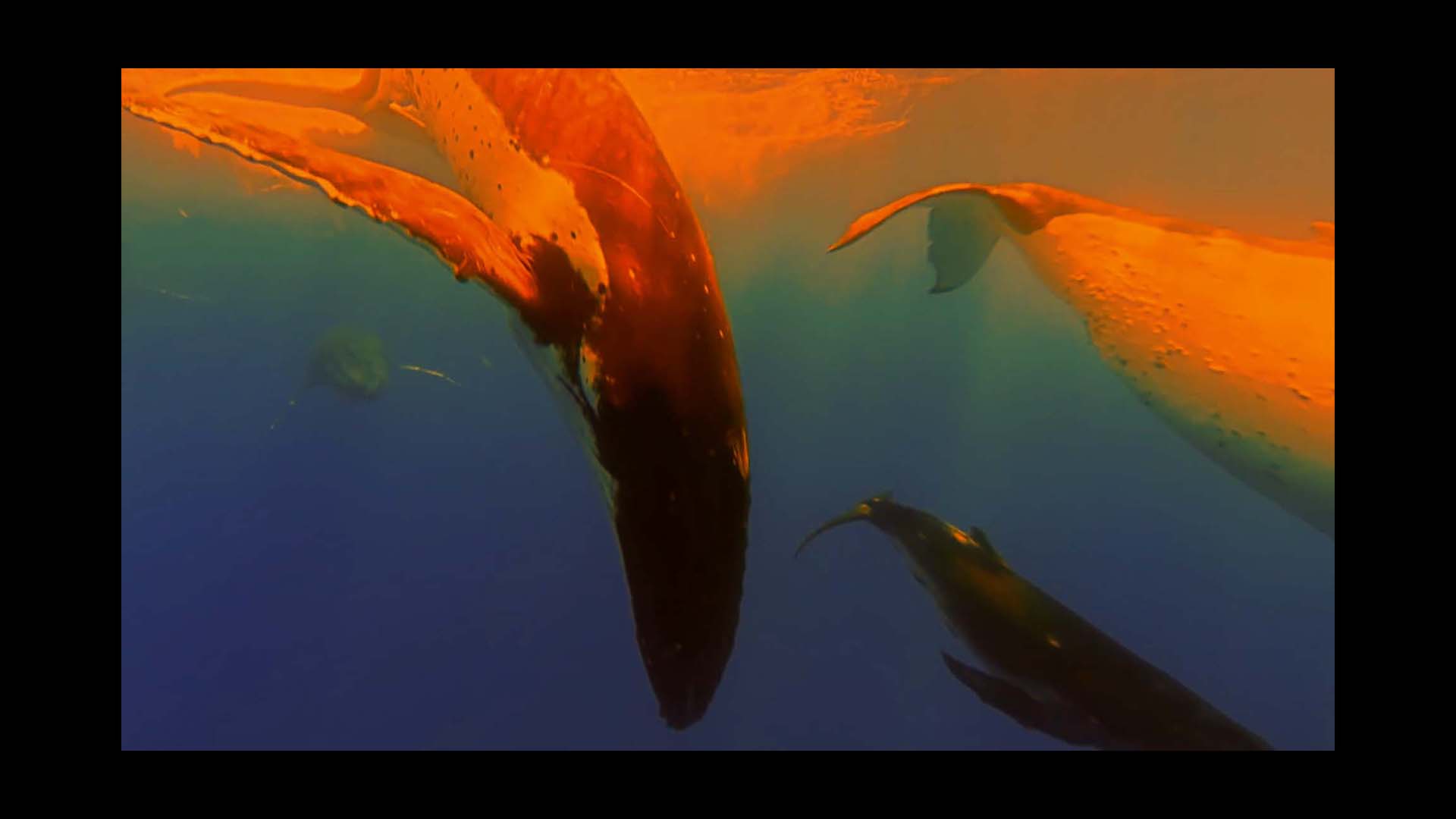
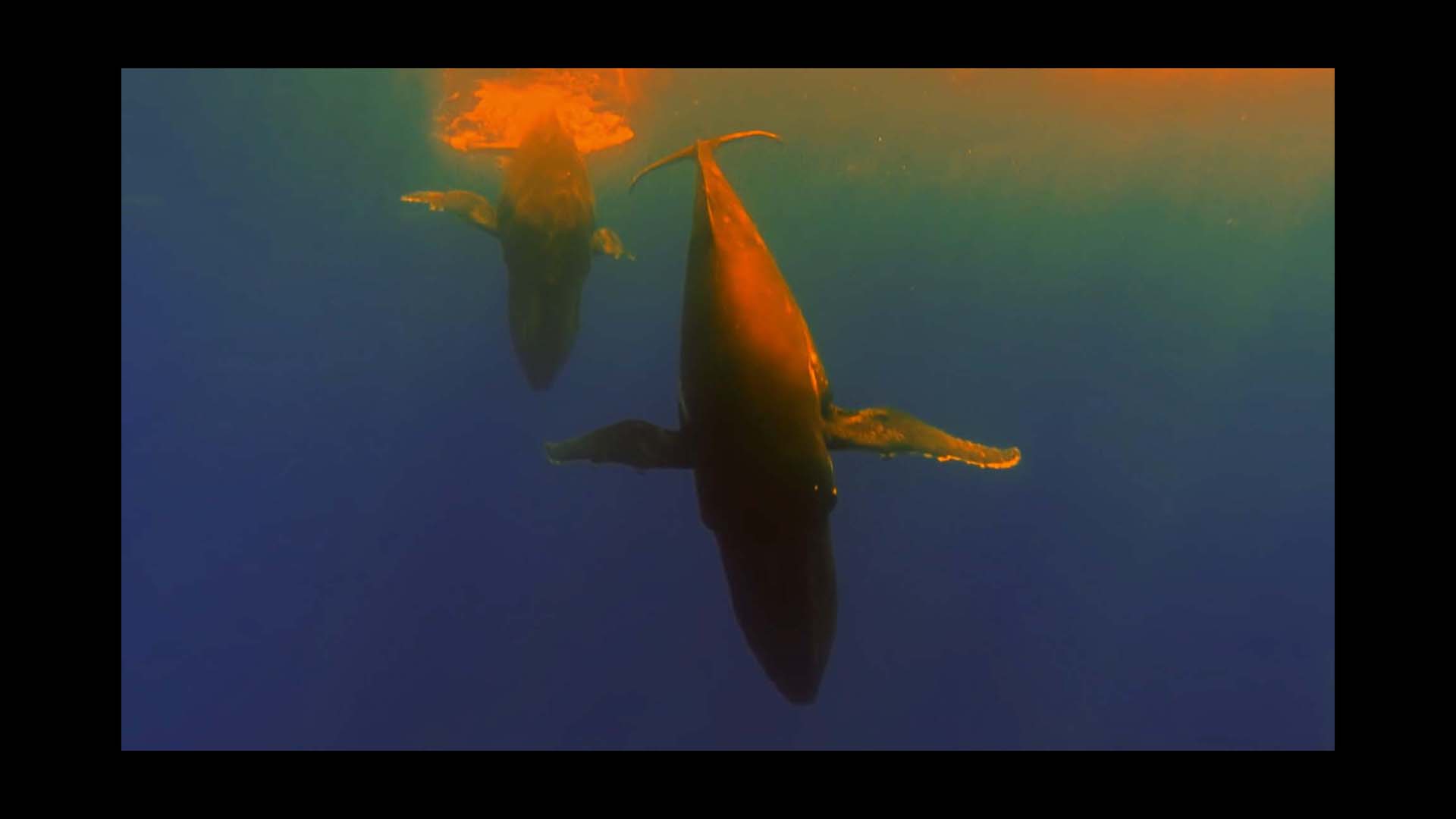
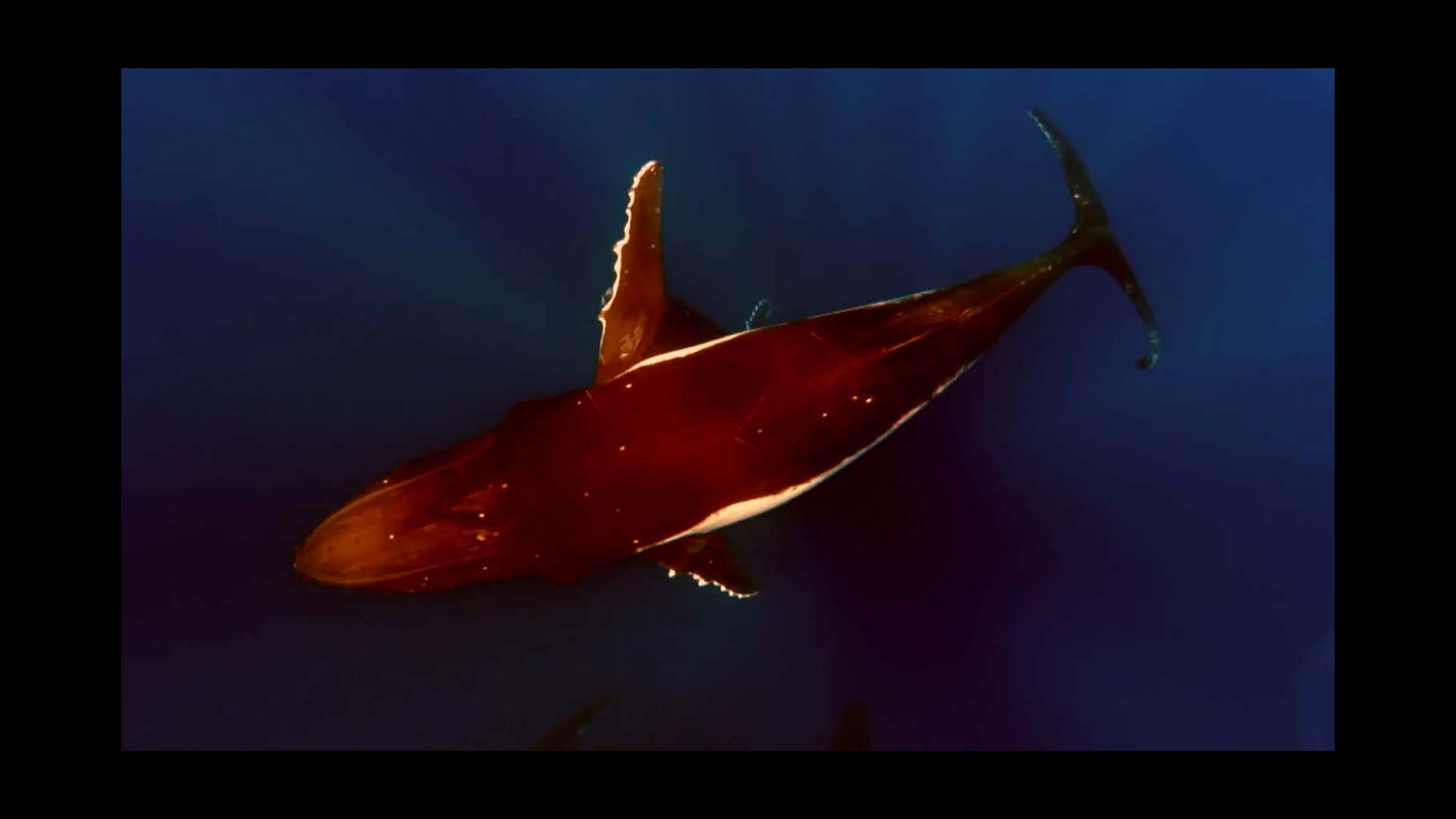
When the ice melts,
water warms,
oceans become acidic –
coral reefs bleach,
all color fades as they die
Oysters,
mussels,
and urchins are left without shells.
Starfish,
plankton disappear.
And then algae,
fish,
dolphins,
and whales.
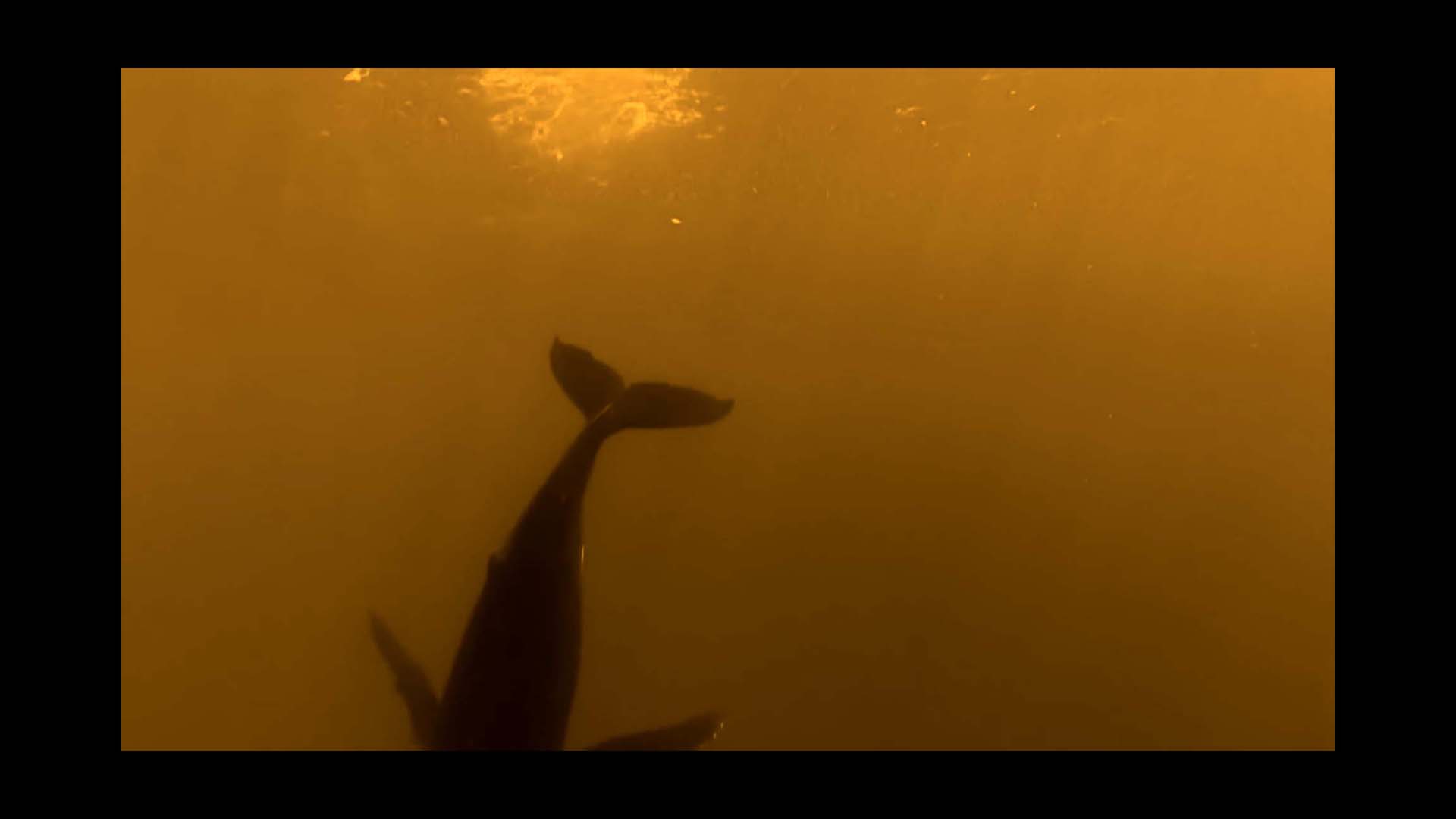
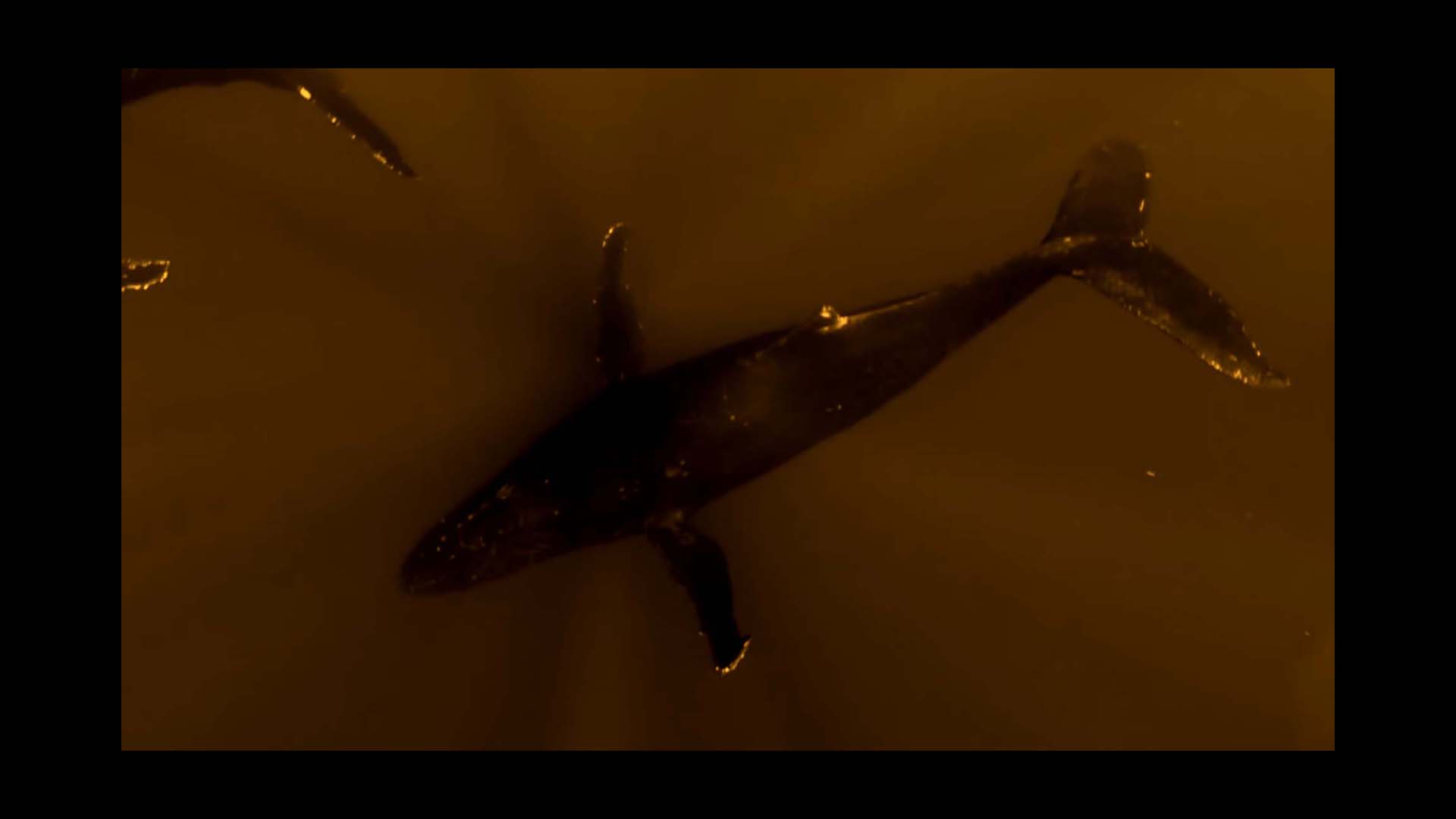
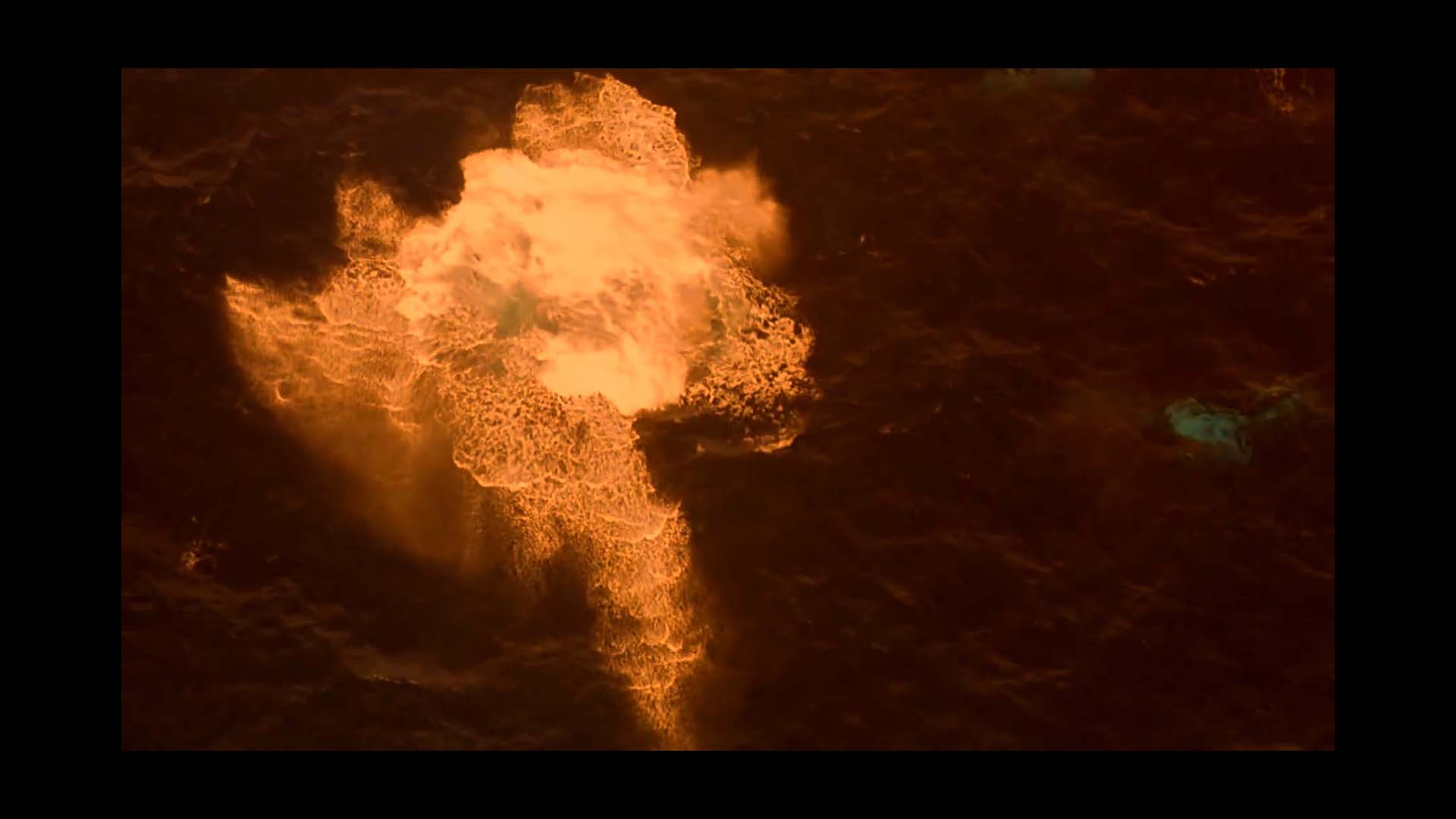
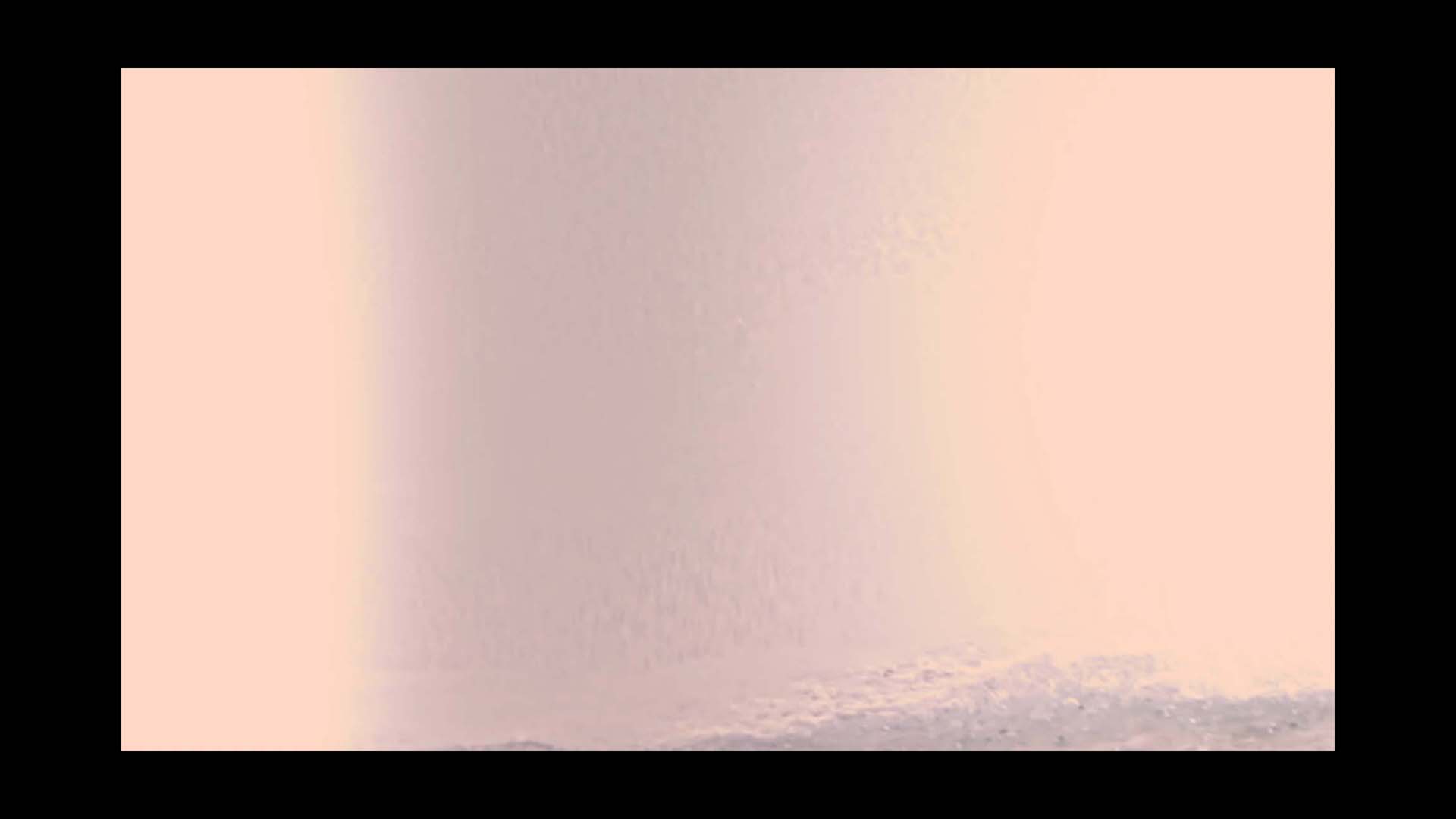
When I was in space,
I listened to the stars,
the planets,
the sounds of Mars,
The most
vulnerable
are always the first to get hurt
or
disappear,
the ones with the unusual looks,
rare sensitivities,
extraordinary colors,
sounds,
purposes.
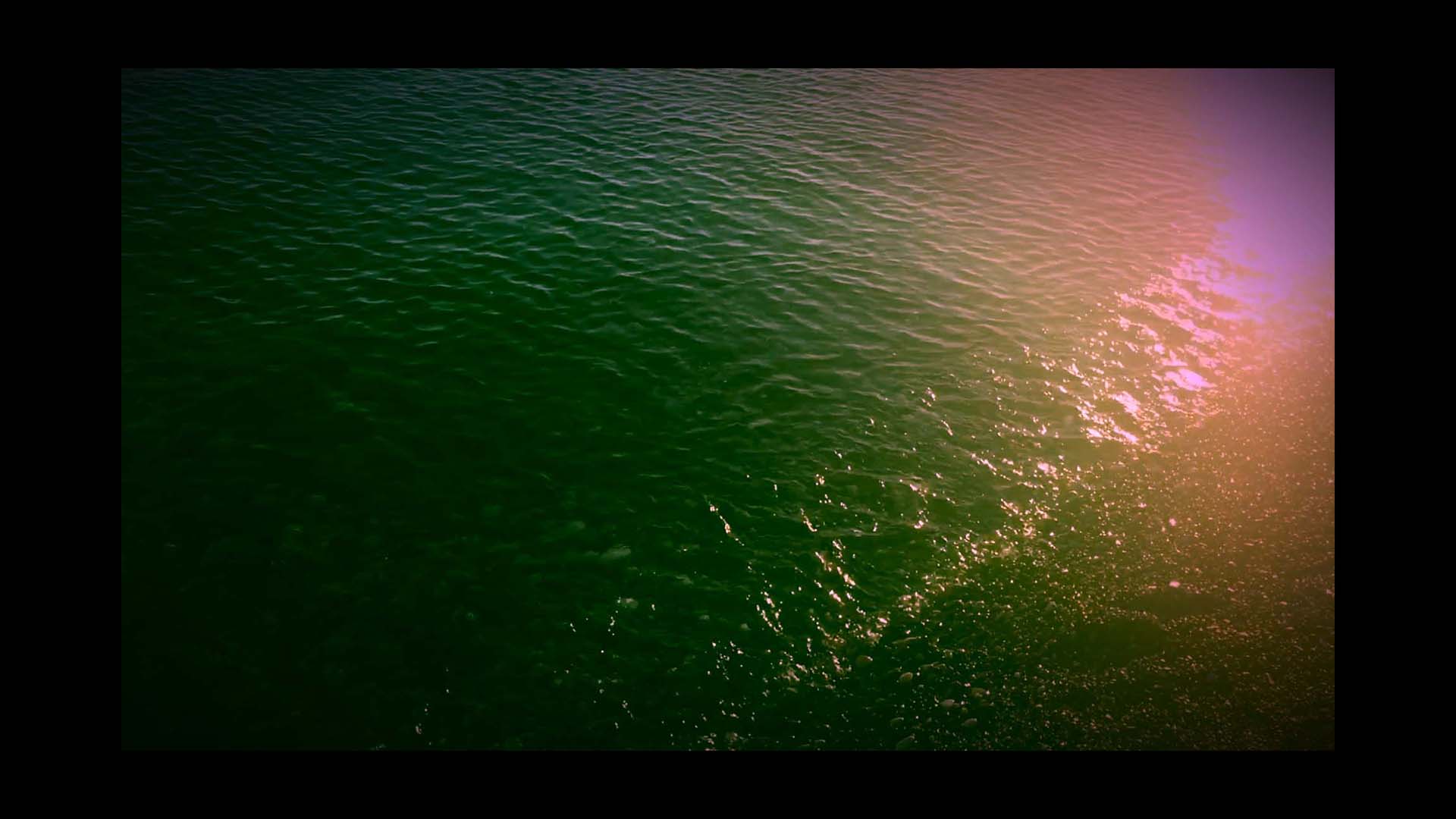
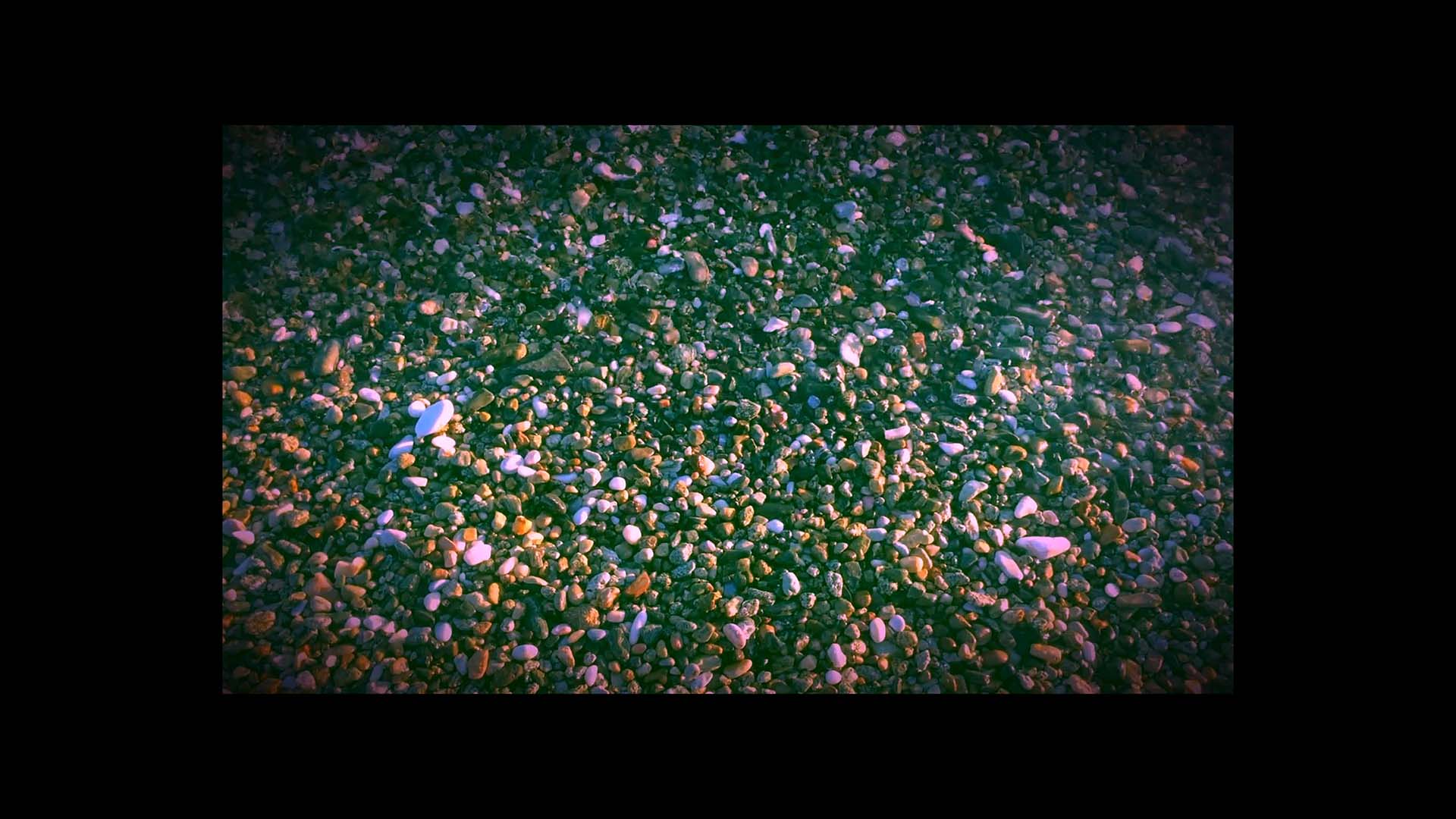
there was no hope,
all were filled with the sounds of the mourning mothers.